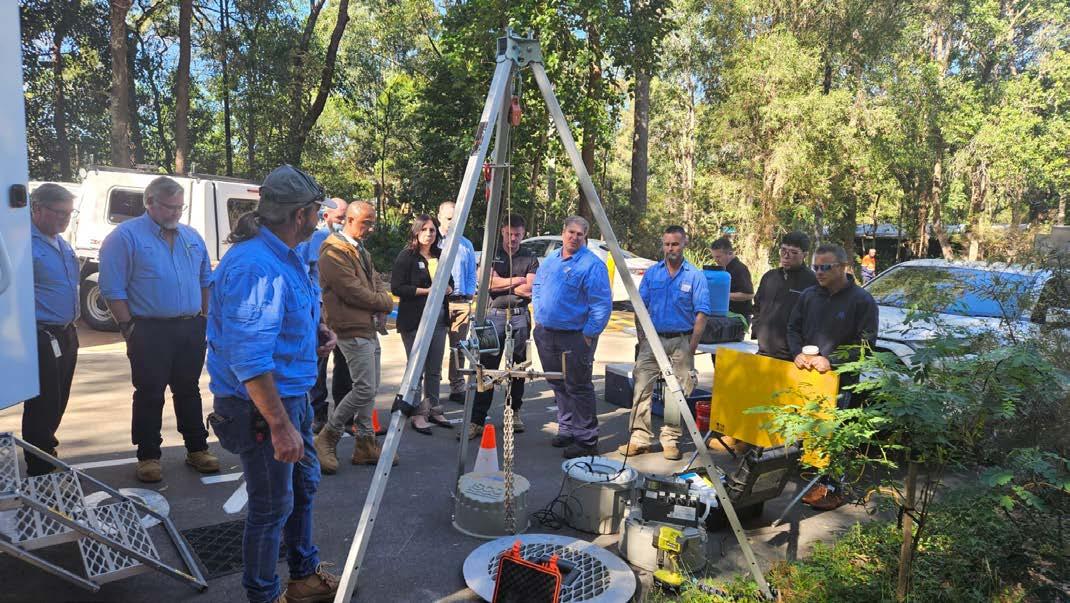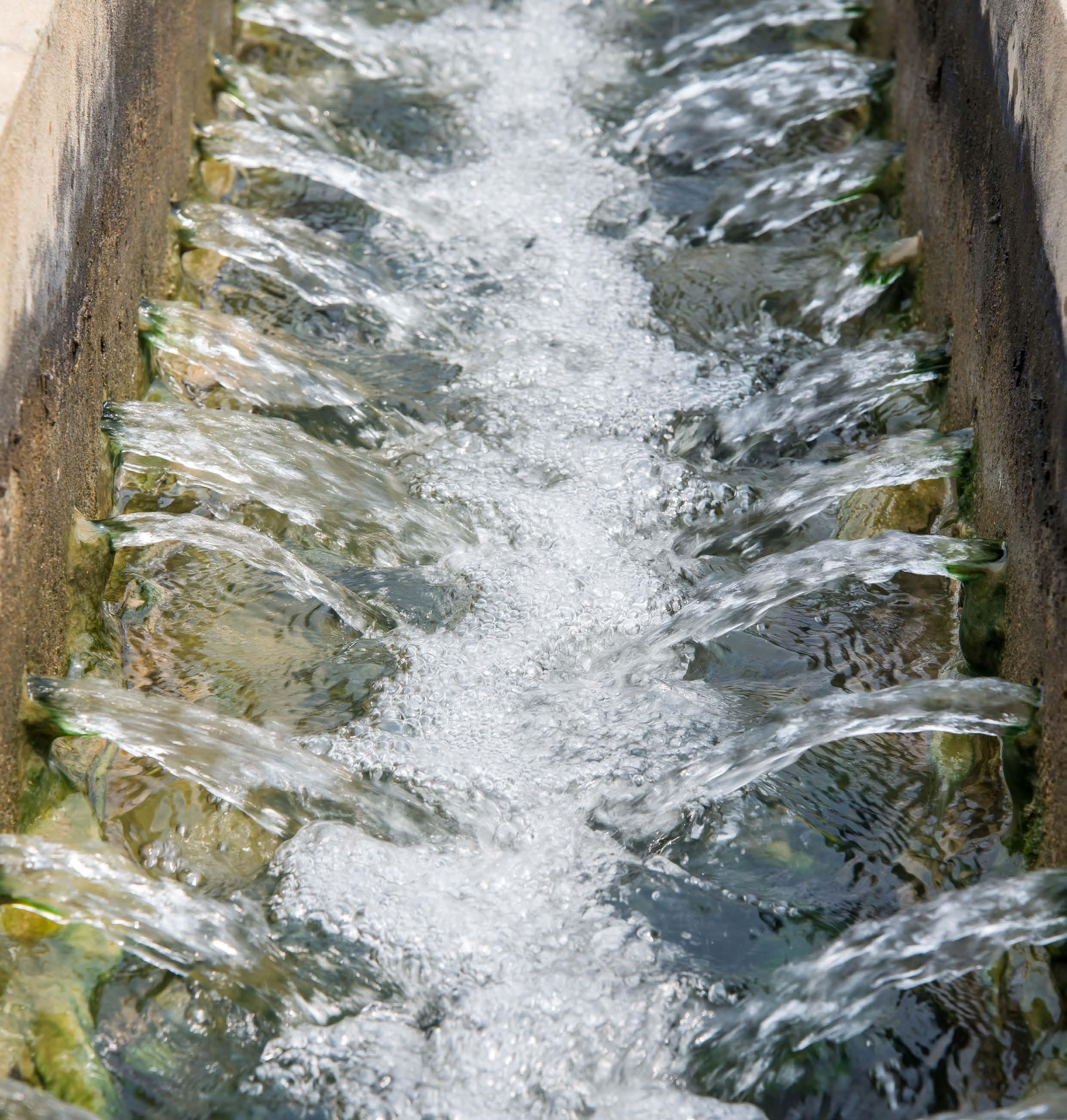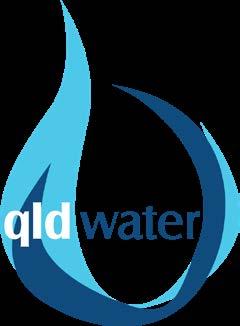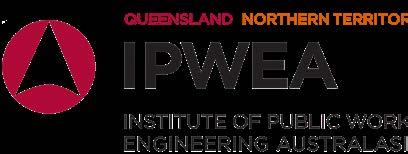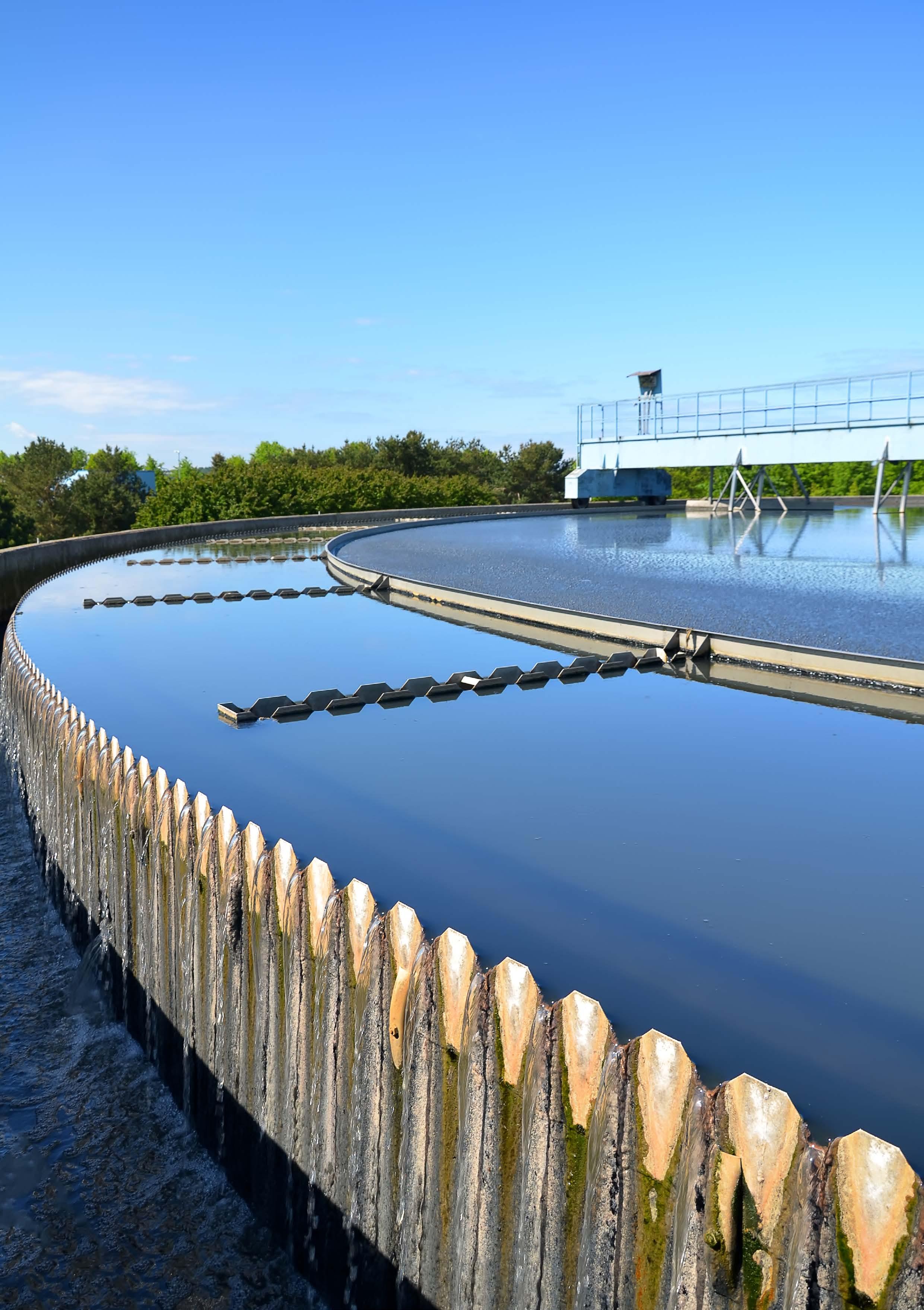
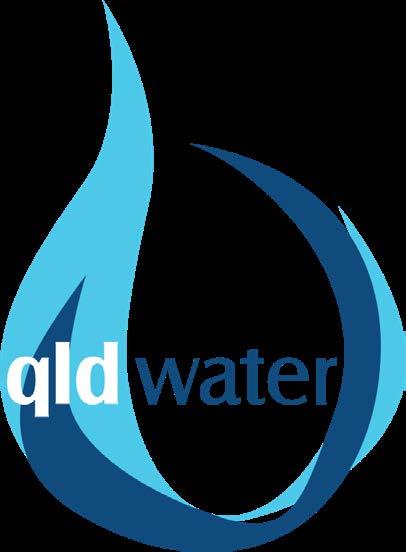



by Dr Georgina Davis, Chief Executive Officer
Welcome to the June edition of the Queensland Water Newsletter!
This is another jam-packed edition, showcasing the depth and breadth of the interesting projects we get to work on with our members and partners.
Our advocacy efforts continue across a wide range of issues, including the development of comprehensive, evidence-based manifestos for both the State and Federal Elections which have led to meaningful commitments from the Queensland Government to address emerging risks facing our sector. I extend my sincere thanks to our Strategic Priorities Group for their invaluable guidance in ensuring that mission-critical priorities were thoroughly represented.
Encouragingly, several of the concerns raised in our detailed submission to Queensland’s Red Tape Reduction Taskforce have been referred to relevant departments for further review—an important step toward improving regulatory and policy frameworks. All our submissions are available on our website.
The 2024–25 disaster season was one of the most extensive in recent memory, with 17 separate natural disaster events affecting 70 of Queensland’s 77 local government areas. From floods and bushfires to cyclones and severe storms, the scale and frequency of these events were unprecedented. While some were less severe than in previous years, the prolonged High Risk Weather Season—lasting well beyond April—placed immense strain on our infrastructure and communities. The damage to water assets was significant, but the impact on people and communities was even more profound.
These events underscore the urgent need for broader recognition of “climate whiplash”—the rapid shifts between extreme weather conditions—which is testing the resilience of our aging infrastructure and supply chains. It’s also pushing communities and the sector into a continuous cycle of relief and recovery. Despite our growing experience in managing these challenges, red tape continues to hinder timely action, particularly in accessing funding when it’s needed most.
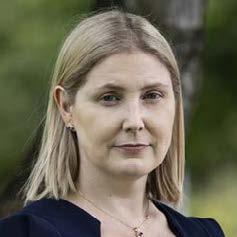
The newsletter looks back at our other successful events this year, including the sold-out Skills Forum at Parliament House, the Environmental Opportunities Forum in Gympie that brought together professionals from both the water and environment sectors and more. Each event has strengthened sector collaboration and knowledge sharing.
May’s Water Connections Tour was a powerful example of cross-sector engagement, involving officials from multiple state departments, council leaders, and technical experts. I’m deeply grateful to all who participated, especially the councils who generously shared their time and expertise.
Other key activities included the Future of Biosolids Reuse Roundtable in Toowoomba, which led to a shared set of principles among stakeholders, and our ongoing webinar series, which continues to inform and support the sector.
Knowledge is power. Our events not only foster connection and camaraderie but also serve as vital platforms for learning and innovation. I want to personally thank our members for their ongoing contributions—whether through leadership in our working groups, participation in events, or delivery of training and webinars. A reminder to all that our Annual Forum will be in August and I hope to see many members and partners at our signature event of the year.
As a member-based organisation with a clear purpose, we encourage all members to get involved, share their insights, and help shape the future of qldwater.
Finally, I remain incredibly proud of the qldwater team—their professionalism, expertise, and unwavering commitment continue to make a lasting impact. Thank you for your support and friendship.
Until next time,
Georgina Davis
As Queensland charts a bold path toward a $30 billion primary industries sector by 2030, a powerful opportunity lies in deepening collaboration between the water and agricultural sectors. By embedding circular economy principles and expanding the reuse of treated wastewater, Queensland can unlock sustainable growth, climate resilience, and enhanced productivity across its agricultural landscapes.
At the heart of this opportunity is the transformation of wastewater by-products, such as biosolids and biochar, into valuable agricultural inputs. Biosolids, the nutrientrich organic matter left after sewage treatment, are already proving their worth in enhancing soil health, increasing crop yields, and reducing reliance on synthetic fertilisers. Rich in organic carbon, nitrogen, phosphorus, and essential micronutrients, biosolids offer a stable, locally produced alternative to imported fertilisers.
Fraser Coast Regional Council exemplifies this approach, reusing 100% of its biosolids across sugar cane, hardwood, and turf farms. Meanwhile, Logan Water is pioneering biochar production from biosolids, reducing transport costs and delivering a potent soil enhancer that also sequesters carbon, aligning with Queensland’s climate and recycling targets.
Treated wastewater is another underutilised asset. Despite its reliability, even during drought, over 85% of Queensland’s treated effluent is currently discharged or evaporated. Only 2.8% is reused in agriculture.
The Wamuran Irrigation Scheme is changing that narrative. By delivering 2.6 gigalitres of Class A recycled water annually to farms growing high-value crops like strawberries and avocados, the scheme provides a secure, food-grade water source that supports business certainty and expansion. Similarly, the Fraser Coast Recycled Water Scheme reuses up to 100% of treated wastewater, protecting marine ecosystems while irrigating sugar cane, turf, and hardwood plantations.
To fully realise these benefits, qldwater proposes a strategic partnership framework that includes:
• Recycled Water Opportunity Mapping: Identifying volumes, locations, and land availability to match recycled water with agricultural demand.
• Nutrient, Carbon, and Energy Mapping: Analysing wastewater treatment plants across Queensland to uncover circular economy opportunities.
• Cross-Sector Collaboration: Appointing a dedicated industry specialist to drive project delivery and policy alignment.
These initiatives would not only boost agricultural productivity but also support regional bioenergy hubs, carbon credit generation, and climate-smart farming practices.
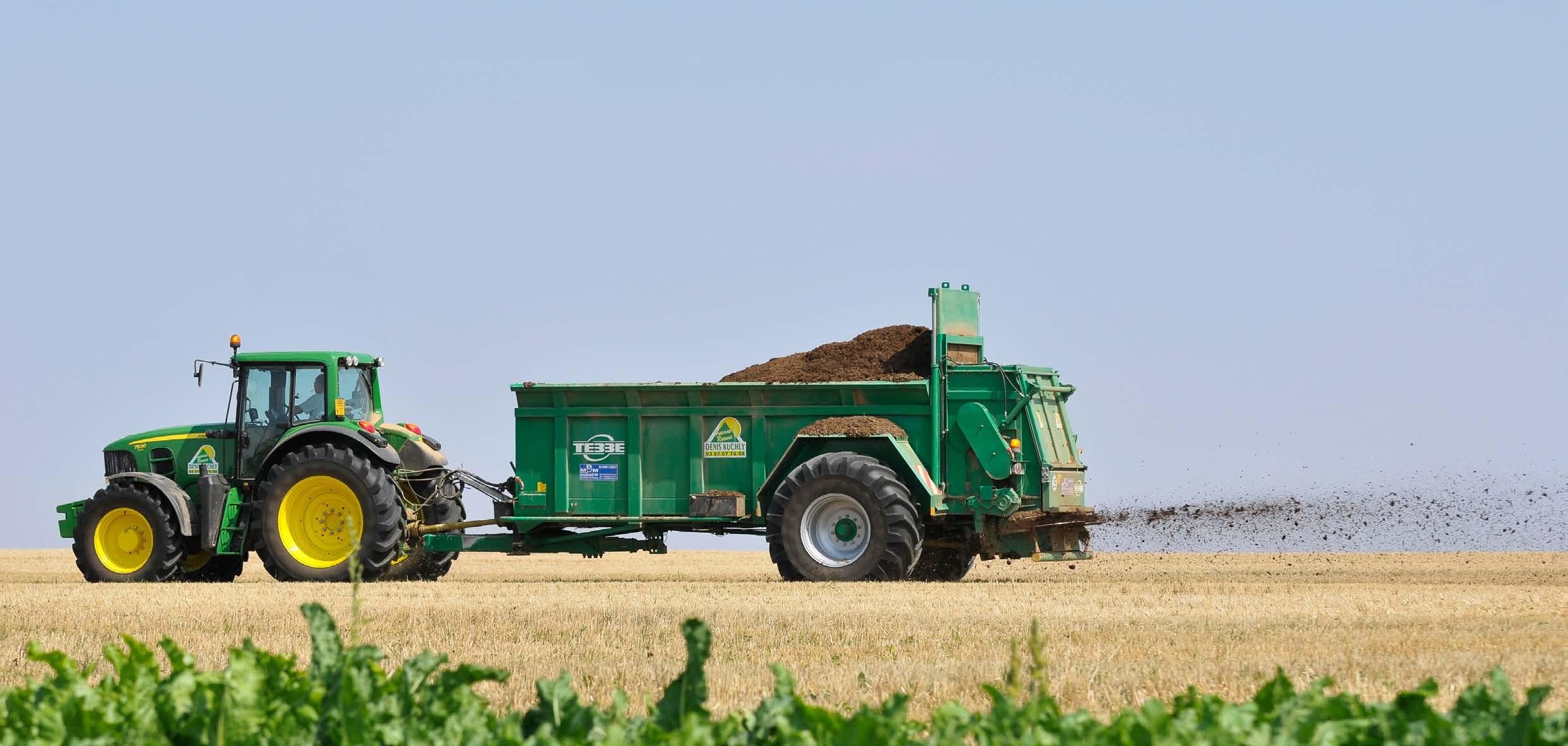
The integration of water and agricultural sector efforts is more than a sustainability initiative - it’s a strategic investment in Queensland’s future. By embracing circular economy models and unlocking the full potential of recycled water, Queensland can lead the nation in climate-resilient, resource-efficient agricultural innovation.
At qldwater, advocacy is more than just a responsibility - it’s a commitment to ensure that Queensland’s urban water sector is heard, supported, and empowered to meet the challenges of today and tomorrow. In the first half of 2025 alone, qldwater has made significant strides through a series of strategic submissions and policy engagements that reflect the sector’s priorities and amplify its voice across all levels of government.
In our submission to the Department of Primary Industries’ 25-Year Blueprint, we advocated for a stronger partnership between the water and agricultural sectors. By embedding circular economy principles and expanding the reuse of treated wastewater, we aim to secure climate-resilient water sources and unlock new opportunities in nutrient, carbon, and energy recovery.
Our submission to the National Greenhouse and Energy Reporting (NGER) Scheme called for modernised emissions accounting, including recognition of biomethane, hydrogen, and biosolids-to-biochar pathways - critical steps toward a low-carbon future.
qldwater has been a vocal advocate for regulatory clarity and investment confidence. In our response to the Animal Effluent Management ACCU Method Review, we urged the remaking of the Wastewater Method as a standalone framework, tailored to the unique characteristics of urban wastewater systems.
Similarly, our submission on sunsetting ACCU methods emphasised the need for co-designed, well-consulted updates to ensure continuity and innovation in emissions reduction projects.
Through our engagement with the Local Government Red Tape Reduction Taskforce, we identified six key areas where regulatory barriers hinder service delivery. Our proposals aim to streamline approvals and empower local councils to maintain critical infrastructure more efficiently.
We also proposed practical reforms to drainers licensing, advocating for network operators to access residential properties for blockage clearance - an initiative that could save time, reduce costs, and improve public health outcomes.
In our submission to Jobs and Skills Australia, we highlighted the urgent need for better workforce data, targeted migration pathways, and improved classification of water sector occupations.
Our recommendations to the Queensland Training Ombudsman focused on simplifying the training subsidy framework and ensuring sustainable funding for skills development.
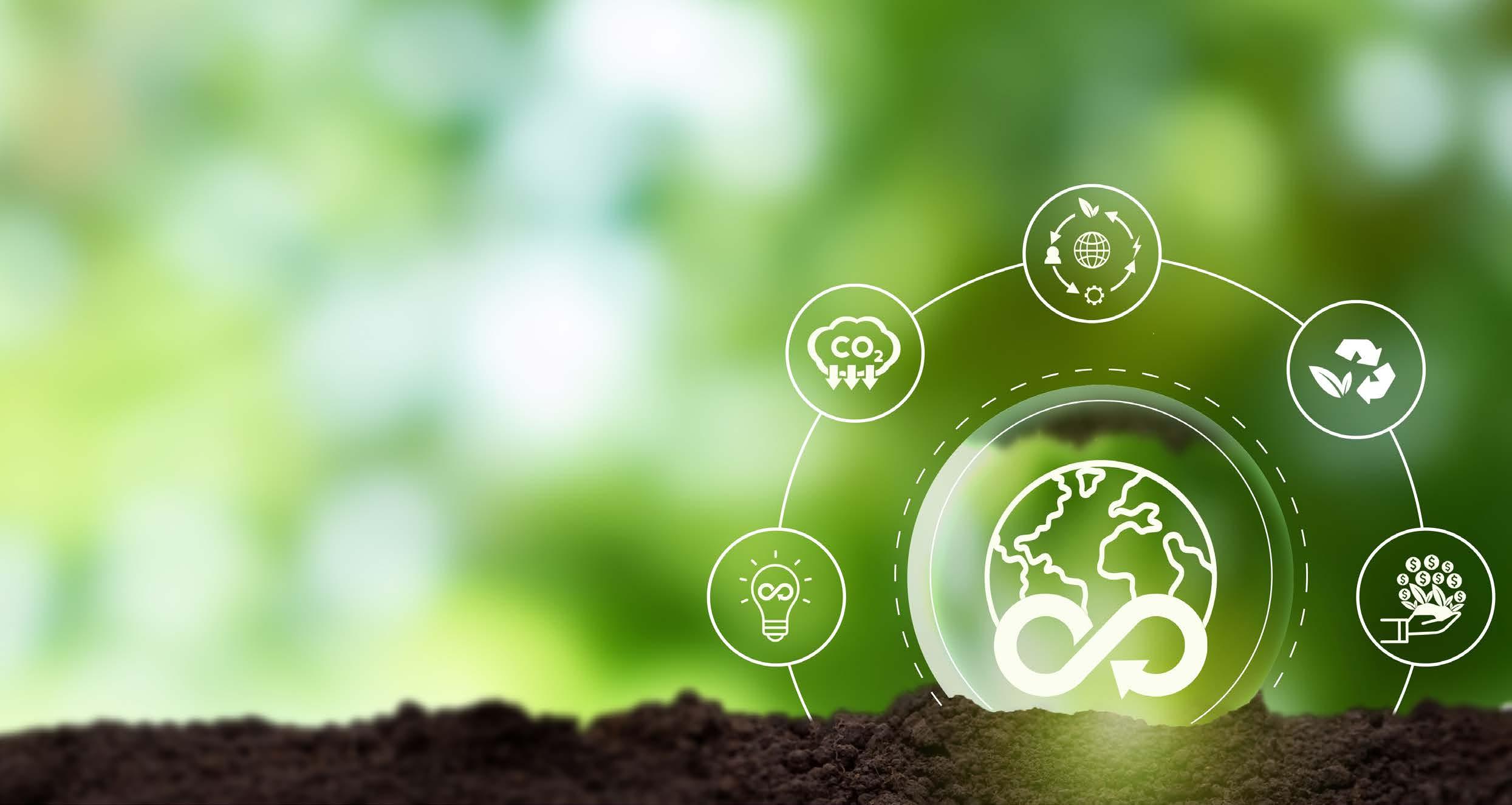
qldwater continues to push for robust water quality management. Our response to the QAO Performance Audit called for transparent regulatory assessments and the release of the Urban Water Risk Assessment.
We also supported the sector’s position on workplace exposure limits for H₂S and Cl₂, advocating for evidence-based standards that reflect operational realities.
Our submission to the Select Committee on PFAS called for decisive national action, including mandatory labelling, prohibition of PFAS in goods, and legal protections for wastewater treatment plants. These measures are essential to protect both public health and the integrity of our water systems.
The release of our 2023-24 State Benchmarking Reports for all service provider categories continues to provide critical insights into sector performance, helping inform policy, investment, and operational improvements across Queensland.
qldwater’s advocacy in 2025 reflects a deep commitment to collaboration, innovation, and resilience. By engaging with government, industry, and community stakeholders, we are shaping a future where Queensland’s urban water sector is sustainable, secure, and ready to meet the challenges of a changing world.
We thank our members for their continued support and invite all stakeholders to join us in advancing these important initiatives.
All qldwater submission are available on our website.
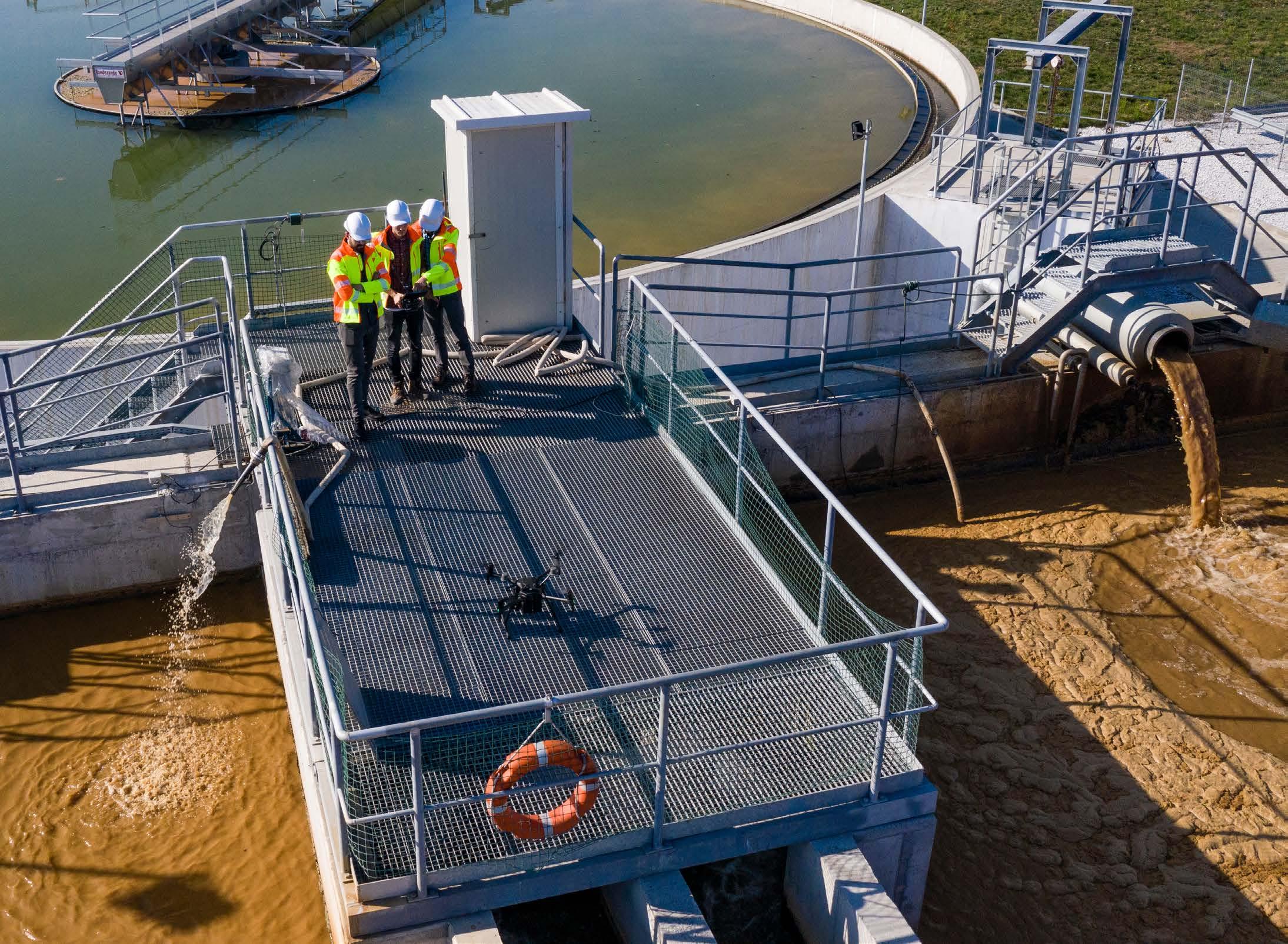
We kicked off our events calendar for the year with our first ever Environmental Opportunities Forum in Gympie on 13 February, bringing together a fantastic mix of urban water service providers, environmental groups and local government champions. The goal? To swap stories, share wins, and explore how we can work better together to protect our waterways.
Here’s a snapshot of what went down:
Mayor Glen Hartwig from Gympie Regional Council (pictured below) opened the event with a reminder of how much we all rely on urban water services—and how easy it is to take them for granted.
Cameron Jackson from Urban Utilities (UU) posed a bold question: Could nutrient offsets be the gamechanger for environmental stewardship in South East Queensland? His answer was a confident yes.
UU’s journey into offsets is a great example of what’s possible when we take a big-picture approach. Instead of only upgrading treatment plants, they’re investing in nature-based solutions, like streambank restoration and the award-winning Small Creek project in Ipswich, to improve waterway health and save costs. Their goal? Turn the brown snake (the Brisbane River) blue in time for the 2032 Olympics. No pressure, right?
Dr Michael Newham from the Department of Environment, Science, Tourism and Innovation broke down the science behind nutrient offsets, especially those dealing with diffuse sources. It’s all
about achieving environmental outcomes without net deterioration—and doing it with data-backed confidence.
Unitywater’s Kylie Crouch showcased some stunning offset projects that are making a real difference. Think wetlands where cane farms used to be (Yandina Creek), log jams that protect riverbanks from boat wash (Caboolture River), and even oyster reef restoration in the South Pine River. It’s all part of their commitment to net zero nutrients in waterways.
Mark Scanlan from Gympie Regional Council shared a very real (and very relatable) story about being thrown in the deep end with blue-green algae (BGA) blooms. Just weeks into the role and right before Christmas, a perfect storm of rainfall, nutrient runoff, and reduced staffing meant Mark had to learn fast. With a crash course in algae management, support from his team, and a trusty fluorometer, they managed to get things under control while most of us were still recovering from Christmas lunch. Hats off to the GRC team!
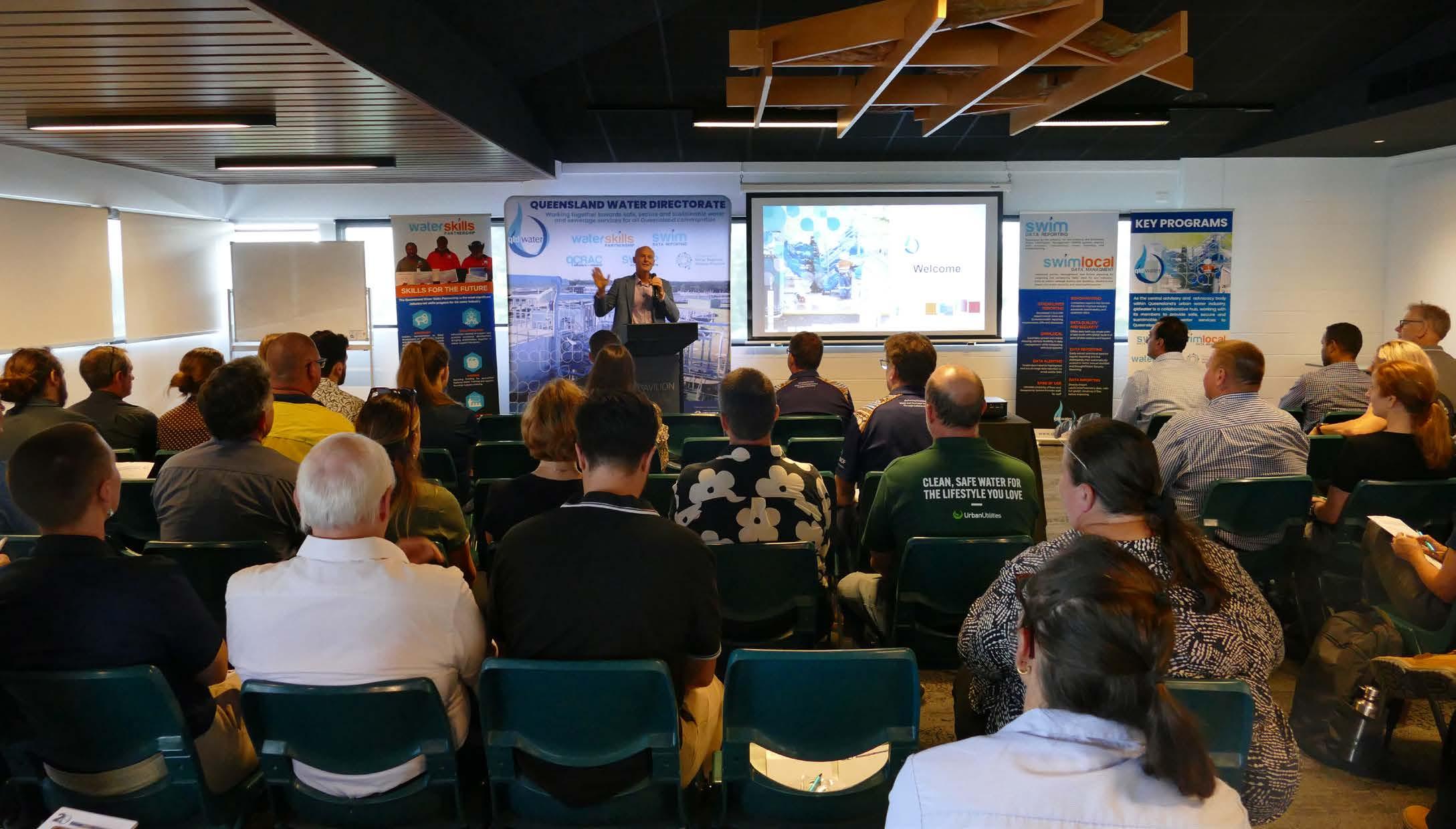
Callym Dunleavy from Water Technology introduced us to his research into water-sensitive communities and why breaking down silos across all levels, from individual households to state-wide planning, is key to real change. With 70% of potable water used for non-drinking purposes, he made a compelling case for rethinking how we plan, design, and deliver water services. Plus, the return on investment for Water Sensitive Urban Design? Up to $7 for every dollar spent. Not bad at all.
Sophie Blond (Noosa Shire Council) and Stacey Lindsay (Unitywater) shared the long-running story of Burgess Creek. Treated water from the Noosa STP has been flowing into the creek since the late 90s, transforming it from ephemeral stream to semipermanent waterway. With locals rightly concerned about its health, the two organisations teamed up to form a steering group, drive technical studies, and kick off restoration works like weed removal and fish barrier assessments. It’s a great example of collaboration that’s making a difference on the ground.
We also heard from Shona Sengstock and Brad Wedlock from the Mary River Catchment Coordinating Committee (MRCCC). Their Waterwatch program has been running for over 25 years, with around 80 amazing volunteers collecting data at more than 38 sites. That’s 80,000+ data points! They’re the eyes on the river, and their work is vital to understanding what’s really going on across the catchment.
Brad shared how their partnerships with councils like Noosa are helping to identify knowledge gaps, map creeks, and uncover surprising insights—like pristine sites failing report cards due to misaligned water quality guidelines. Turns out, it’s not always the water that’s the problem—it’s the rules that don’t reflect the natural variation of our ecosystems.
To round out the day, qldwater’s Jess Dean introduced the new swimlocal Mapboards Module, developed in partnership with Noosa Council. This handy tool lets users pin sampling sites to a map, making it even easier to track, visualise, and respond to water quality data.
Finally, qldwater CEO Dr Georgina Davis wrapped things up with a refreshing take-home message: maybe we’re not as siloed as we think. The connections are there, and forums like these help strengthen them.
Thanks to everyone who made the trip to Gympie! We’re looking forward to continuing these conversations and driving more collaborative action in 2025.
Let’s keep connecting the dots to deliver safe, secure and sustainable water for Queensland communities while protecting the environments we all care about.
Image below: Guests connecting over lunch at The Pavillion thanks to our generous host, Gympie Regional Council.
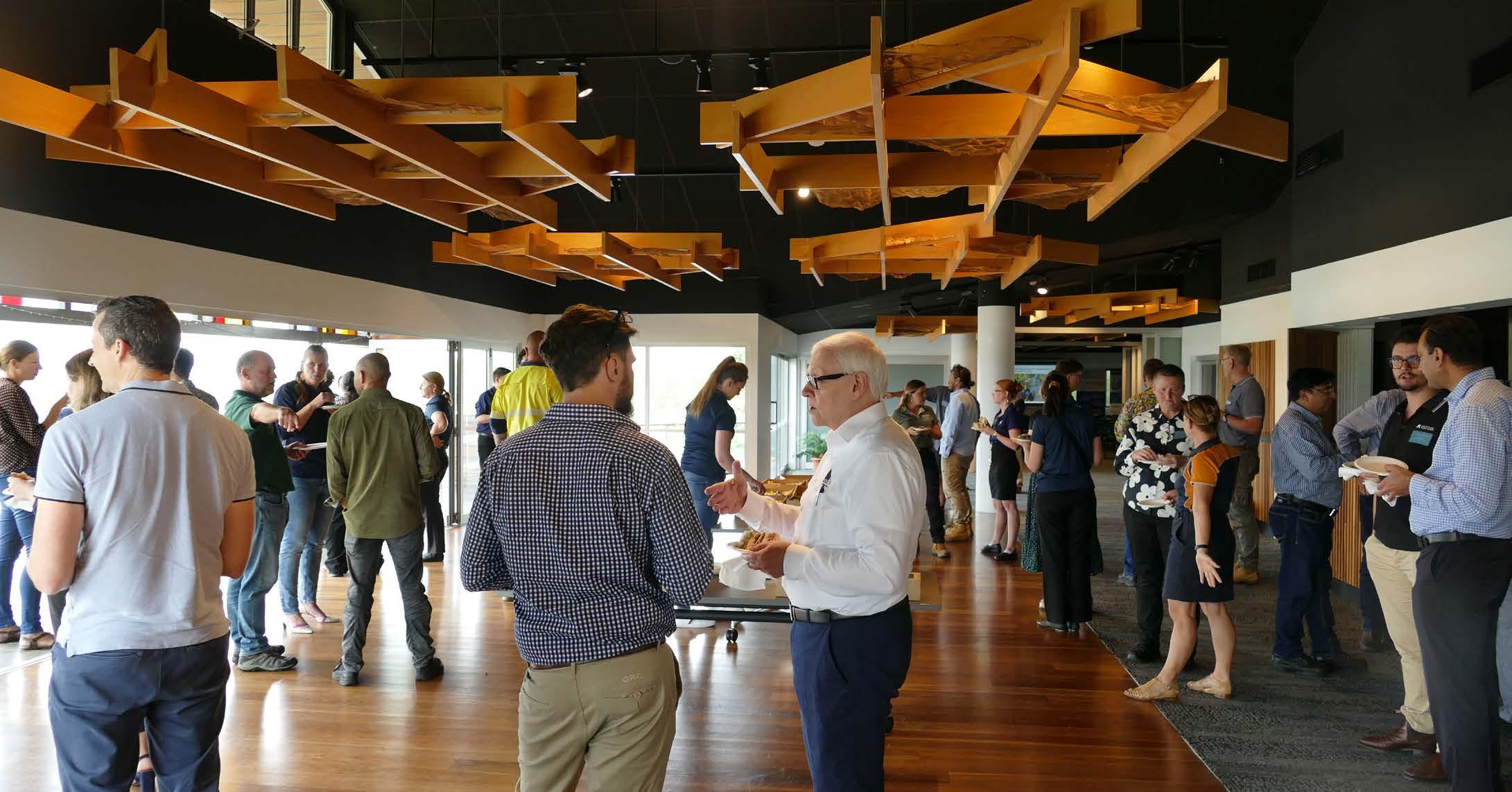
We were thrilled to start the 2025 Water Skills Forum with an exclusive tour of the Queensland University of Technology (QUT) WISE Laboratory.
Collaboration between the water sector and universities is essential to tackle the challenges ahead, and this tour highlighted the ways that research and industry can work together to drive innovation.
A great lineup of QUT and industry speakers explored:
• New water treatment technologies, including a promising energy- and cost-efficient method for removing PFAS from wastewater and biosolids
• Cutting-edge water sensing technologies to enhance operational management
• The newly funded ARC Research Hub - IoT for Water, bringing together industry and researchers to solve water challenges through the Internet of Things
Huge thanks to our QUT speakers including Professor Ana Deletic, Professor Yang Liu, Associate Professor Prasanna Egodawatta and Associate Professor Lucy Reading along with industry experts Dr Georgina Davis, Colin Chapman from Urban Utilities and Grant Perriott from City of Gold Coast.
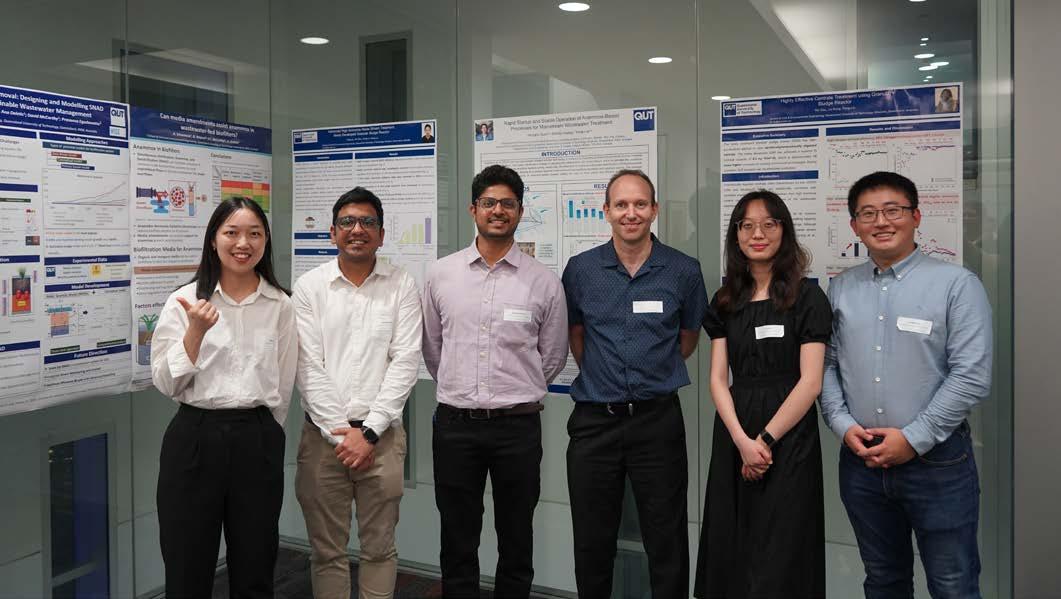
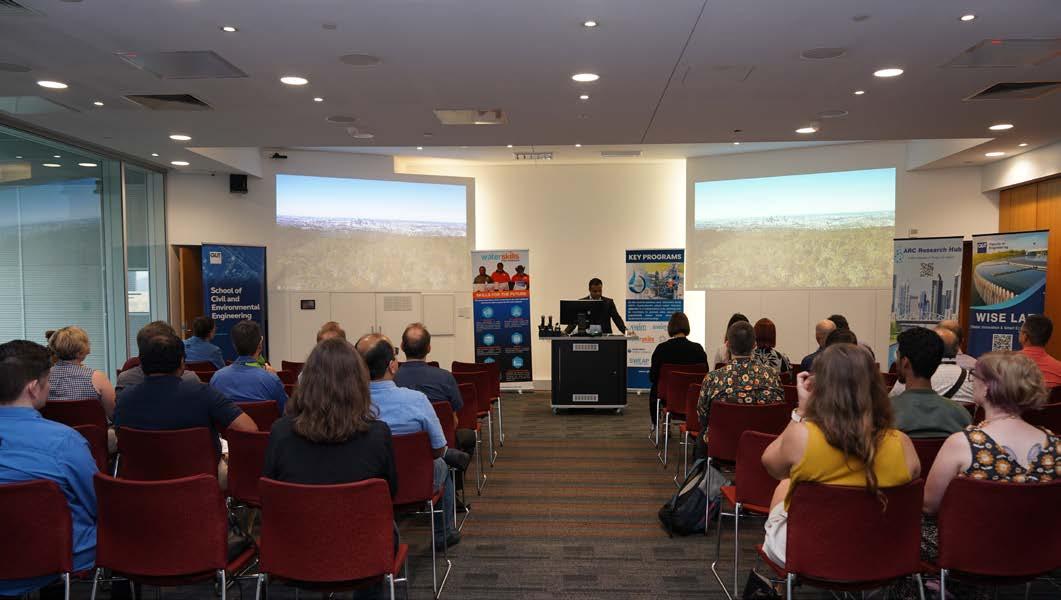
The presentations were followed by a tour of the excellent Water Innovation and Smart Environment (WISE) Laboratory where students and industry research and collaborate to find smart, sustainable solutions for water treatment and environmental challenges.
We thank the QUT students for taking the time out to showcase their research posters and showing us around their excellent facilities.
Learn more about the WISE Lab here:
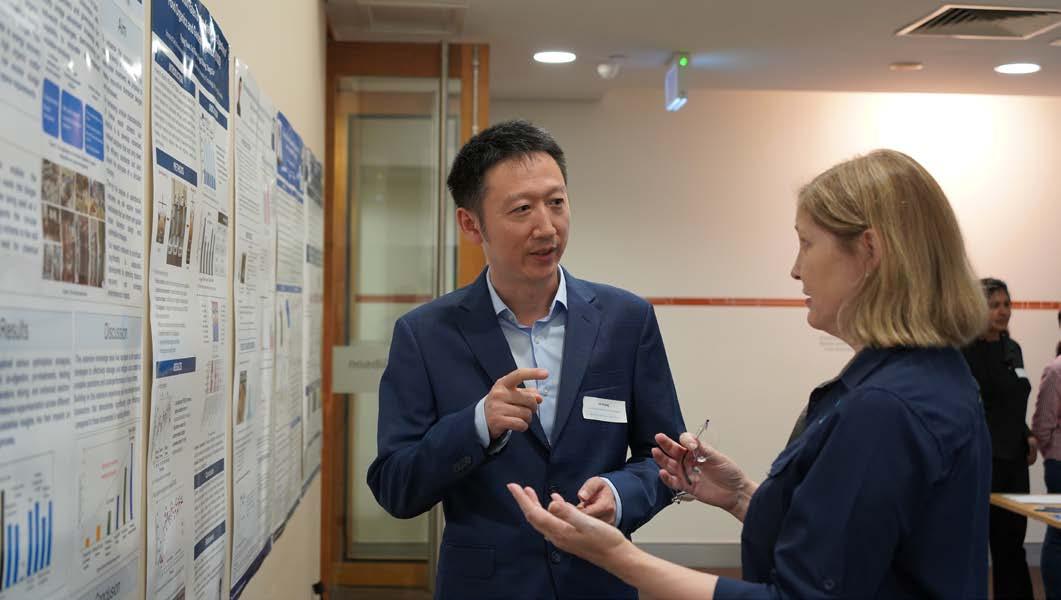
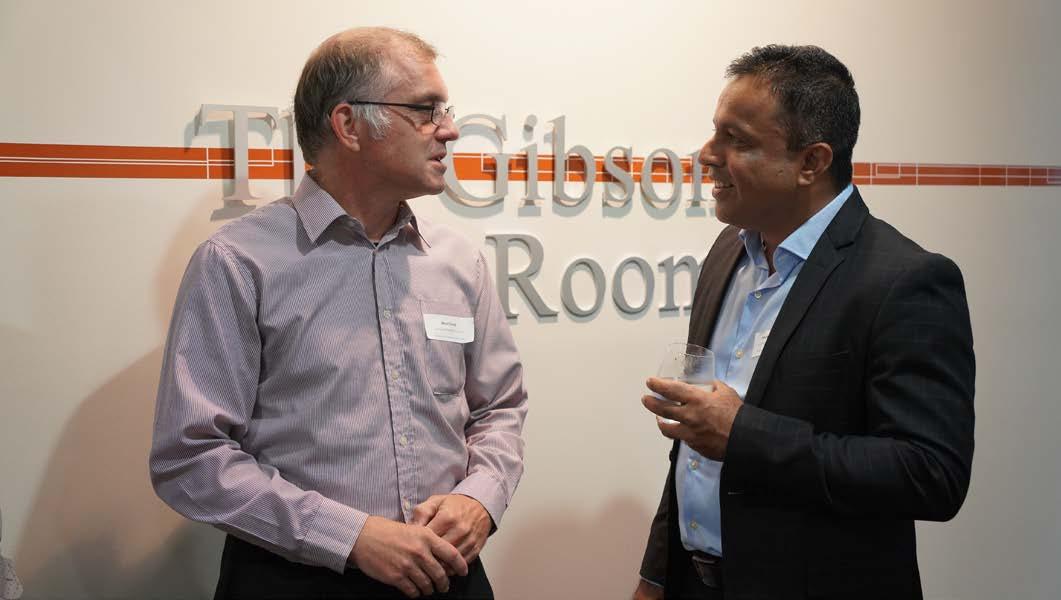
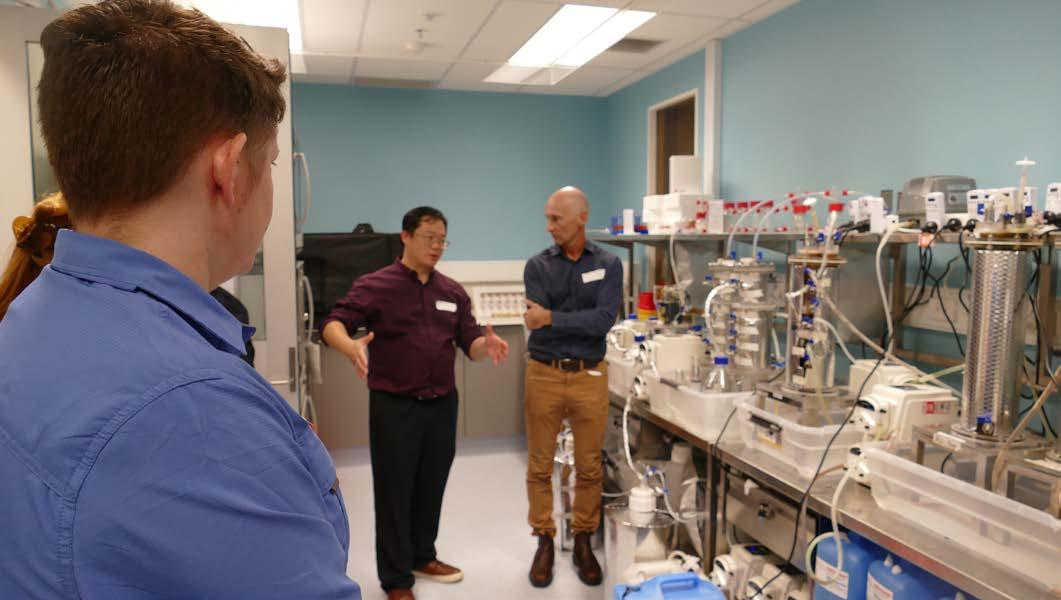
On Thursday, 27 March 2025, the Queensland Water Skills Partnership (WSP) hosted its eighth annual Water Skills Forum at Parliament House, bringing together around 80 professionals from across the sector. Water managers, HR specialists, RTOs, government representatives, and more came together, forming a dynamic group of stakeholders passionate about workforce development.
This year’s theme, “Putting People at the Heart of Innovation,” explored how the sector is addressing workforce challenges and embracing innovation to build capability. The event kicked off the evening before with a WISE Lab Tour and networking reception at QUT, setting the stage for a day of rich discussions and knowledge-sharing.
We extend our gratitude to all our incredible speakers for their insights:
• The Hon Amanda Stoker, Assistant Minister for Finance, Trade, Employment and Training, officially opened the event, reinforcing the essential role of the urban water sector and the need for a skilled, well-supported workforce.
• Amber Robinson, Chair of the Water Skills Partnership, discussed the increasing importance of coordinated skills and training solutions.
• Michael Malakellis, Principal Director at KPMG, delivered a keynote on workforce trends, outlining four strategic pathways to tackle labour shortages, each with distinct challenges.
• David Wiskar, Program Director QWRAP, provided a compelling overview of funding challenges and regulatory pressures, offering four systemic solutions to enhance service delivery.
• Amanda Hancock (FNQROC) presented on the Far North Queensland Water Alliance (FNQWA) Water Capability Plan, a collaborative effort to address skills gaps and standardise regional practices.
• David Wiskar and Adrian Blinman (TRILITY) shared insights on skills assessments in QWRAP regions and introduced swimskills™, a new workforce planning module within the SWIM™ system.
• Kenan Hibberd and Dionne Nowak (Unitywater) explored how AI and competency verification are transforming training efficiency, already generating over $113,000 in savings on training costs.
• Steve Clark (KPMG) examined how strengthening connections between HR and technical teams can enhance talent retention through a compelling Employee Value Proposition.
• Rick Fox (Fr@nk Capability Leaders) demonstrated how Banana Shire is improving WH&S training using AI-driven, user-friendly procedures.
• Josh Smith (Cairns Regional Council) addressed the challenges of recruiting new operator roles, reinforcing the value of the Water Industry Worker program.
• Luke Sawtell (Urban Utilities) highlighted sector resilience during Cyclone Jasper, sharing strategies for emergency coordination and recovery.
• Andrew Smith (Area 9) showcased outcomes from an AI-powered Proof of Concept training course, designed to track learners’ progress from novice to competence.
• Sarah Henry, qldwater WSP Manager, introduced two new industry training tools: the Teal Card for water quality testing and the Grey Card for working with asbestos cement pipes.
A massive thank you to TRILITY, our event sponsor, and all participants who contributed to making this year’s forum such a valuable and inspiring day.
Download the presentations of the event here

On Thursday 27 March 2025, qldwater, in partnership with KPMG, hosted a Health-Based Targets (HBT) Information Session to support Queensland’s water service providers in understanding and preparing for changes to drinking water regulation.
The session followed the December 2024 release of the Queensland Audit Office’s report Managing Queensland’s regional water quality, which recommended that the Department of Local Government, Water and Volunteers (DLGWV) develop a pathway for the adoption of health-based targets.
This pathway should include a regulatory impact assessment, clear implementation timeline, and a communication strategy to support councils in planning for the future.
The session brought together government, academic, industry, and regulatory perspectives to discuss:
• The operation and intent of the Australian Drinking Water Guidelines (ADWG)
• What Health-Based Targets are, how they fit within the ADWG framework, and their potential public health benefits
• The practical challenges of implementing HBTs, particularly in small and regional communities
• Key governance and regulatory considerations for demonstrating due diligence under a changing regulatory environment
Speakers included:
• Jim Grayson, KPMG, provided opening remarks and set the context
• Darren Brown, Assistant Auditor-General, presented an overview of the QAO report with a focus on the HBT-related recommendations
• Associate Professor Helen Stratton offered insights into the science behind the ADWG and the potential introduction of HBTs
• Dr Georgina Davis, CEO of qldwater, addressed the operational and financial challenges for members and the case for a considered approach to change
• Peter Beaton, Queensland Water Sector Lead at KPMG, discussed good governance and the importance of demonstrating due diligence to the regulator
The session concluded with a roundtable discussion and Q&A, providing attendees with the opportunity to explore implementation strategies and raise key concerns.
We thank all speakers and participants for contributing to a valuable and timely conversation on the future of drinking water regulation in Queensland, and to KPMG for hosting the event.
Presentations from the session are available for download here
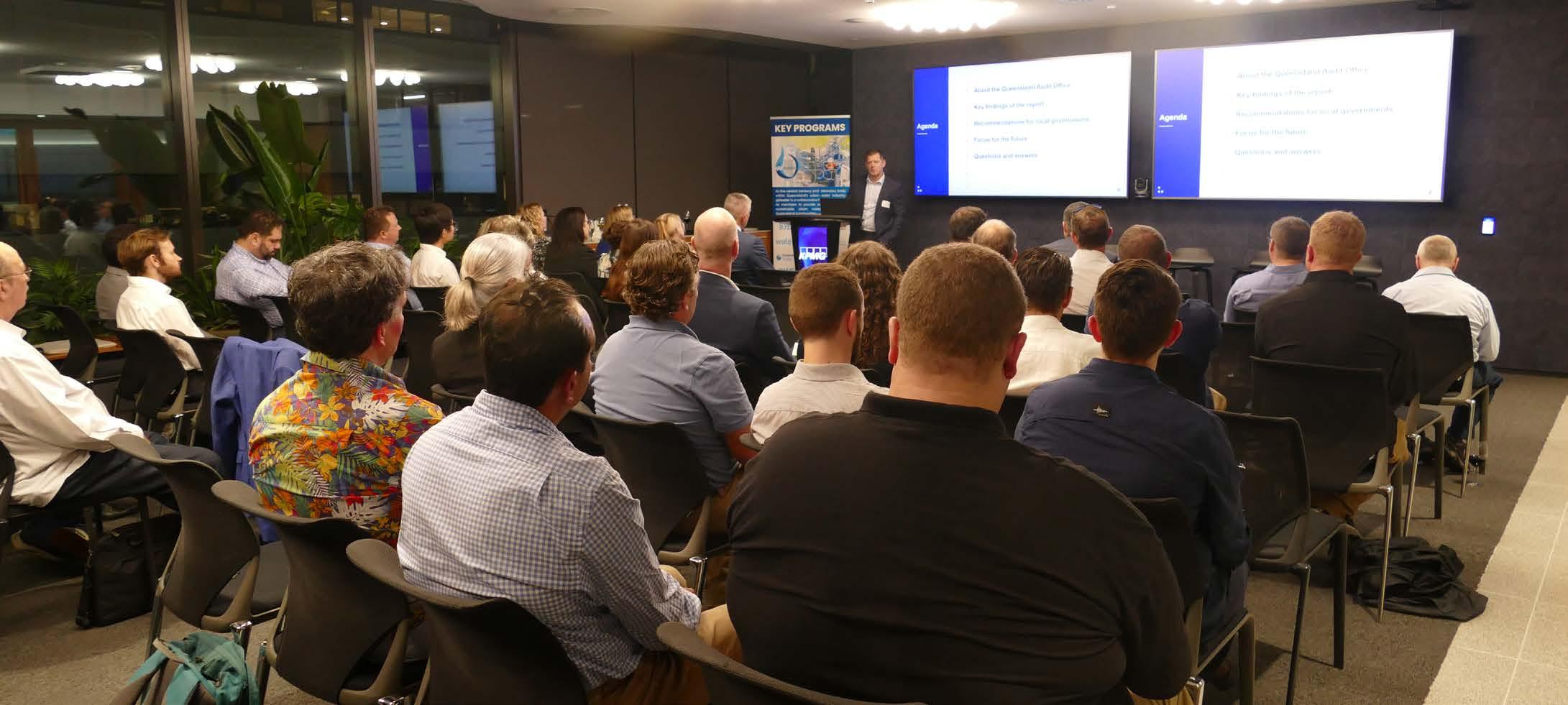
On 12 June 2025, qldwater hosted a pivotal Executive Liability Session at its Eagle Farm office, bringing together water sector leaders to confront a pressing issue: the increasing personal liability water executives face from evolving legal frameworks.
With the theme “Water is a Risky Business,” the session highlighted how recent legal developments, both internationally and within Queensland, are increasing scrutiny on executives in the water industry. In the UK, new laws now allow for prison sentences for executives who obstruct investigations into environmental breaches. Closer to home, Queensland’s own legislative landscape is shifting, with strengthened powers under the Workplace Health and Safety Act, Environmental Protection Act, and other key statutes.
The session featured expert-led discussions on the legal responsibilities of executives and practical strategies to mitigate risk:
• Naomi Kemp of fr&nk Capability and an experienced Company Director and immediate past Chair of the Australian Institute of Health & Safety opened the day with a deep dive into Workplace Health and Safety (WHS) risks. Drawing on her extensive experience in WHS reviews across Queensland’s urban water sector, Naomi outlined the legal duties of executives, shared case studies, and introduced a six-step WHS Management Review framework.
• Jim Grayson, Director at KPMG and former CEO of the Gladstone Area Water Board and member of the Advisory Body to the National Water Grid, explored governance and due diligence in the context of drinking water regulation. He unpacked the criminal and civil liabilities executives may face and emphasised the importance of informed decisionmaking and robust compliance systems.
• Sarah Hausler, Partner at McCullough Robertson Lawyers and a specialist in planning and environment law and Caitlin Steuart Senior Associate at McCullough Robertson, specialising in environmental approvals and regulation, resources, Native Title concluded the session with a comprehensive overview of environmental law. They addressed recent changes to the Environmental Protection Act, the implications of the general environmental duty, and the risks of relying solely on environmental authority compliance. Their case studies from water and waste operations brought the legal theory into sharp, practical focus.
Throughout the day, participants gained a clearer understanding of how deeds of indemnity, Directors and Officers (D&O) insurance, and proactive governance can help manage personal risk as well as where they are not covered under insurance. The session underscored a sobering reality: defending against regulatory action can be costly, and ignorance of the law is no defence.
As Queensland’s water sector continues to navigate complex regulatory waters, qldwater remains committed to equipping its members with the knowledge and tools to lead responsibly and confidently.

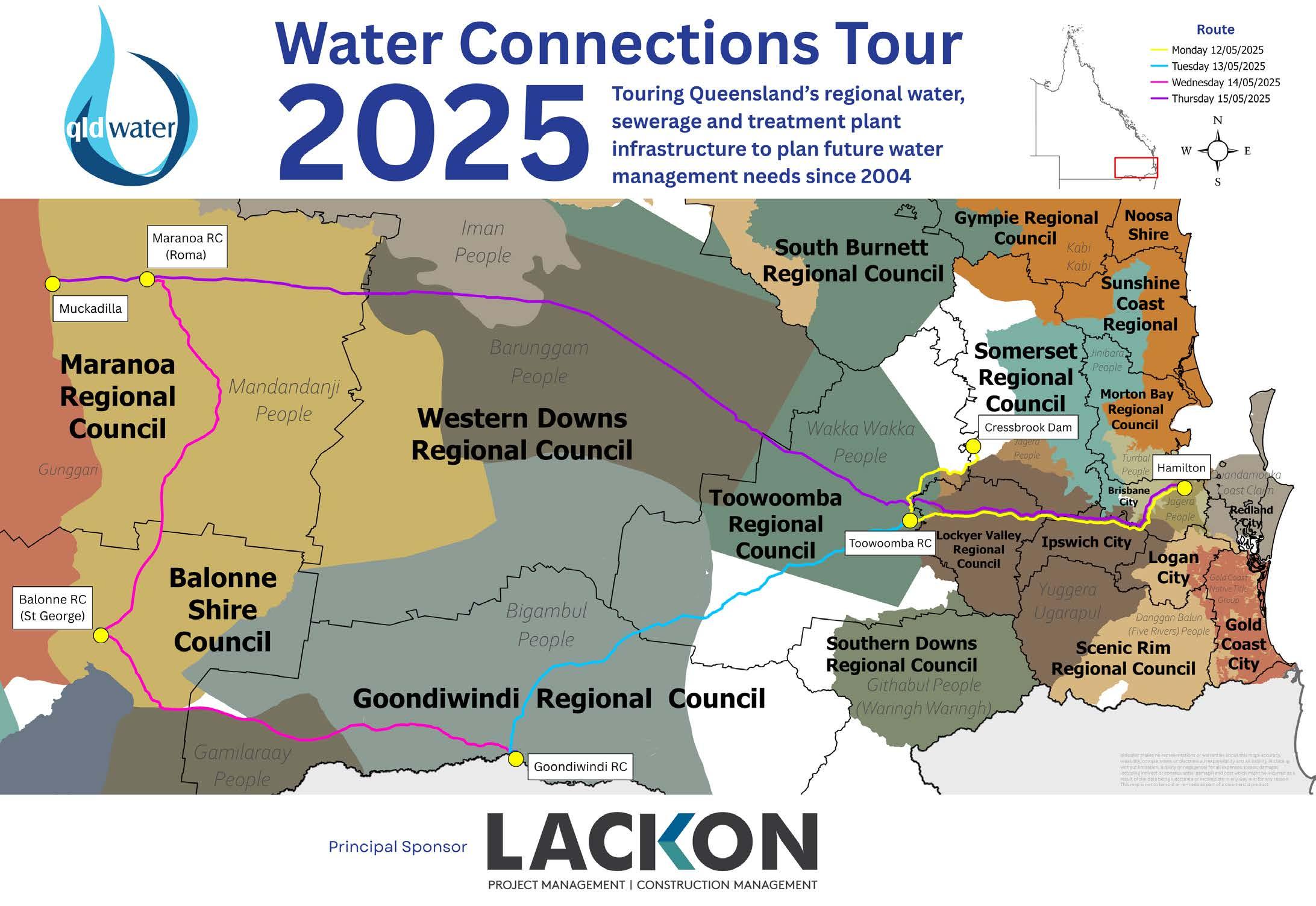
In May, qldwater led the Water Connections Tour across South West Queensland - an intensive four-day journey designed to spotlight the realities of delivering urban water and wastewater services in some of the state’s most remote communities.
The tour brought together representatives from State Government agencies including the Department of Local Government, Water and Volunteers; the Department of Environment, Tourism, Science and Innovation; Queensland Health; and the Drinking Water Regulator, alongside council leaders and technical experts from the Downs Urban Water Technical Group and South West Queensland Water and Sewerage Alliance QWRAP regions.
The tour kicked off with a focus on dam safety upgrades at Cressbrook Dam, currently rated at an intolerable risk level.
Toowoomba Regional Council detailed the $266 million spillway upgrade and associated works being fully funded by the local community, raising serious questions about the equity and sustainability of current funding models.
qldwater is calling for a statewide review of dam safety funding, noting that these vital infrastructure upgrades must not fall solely on local governments.
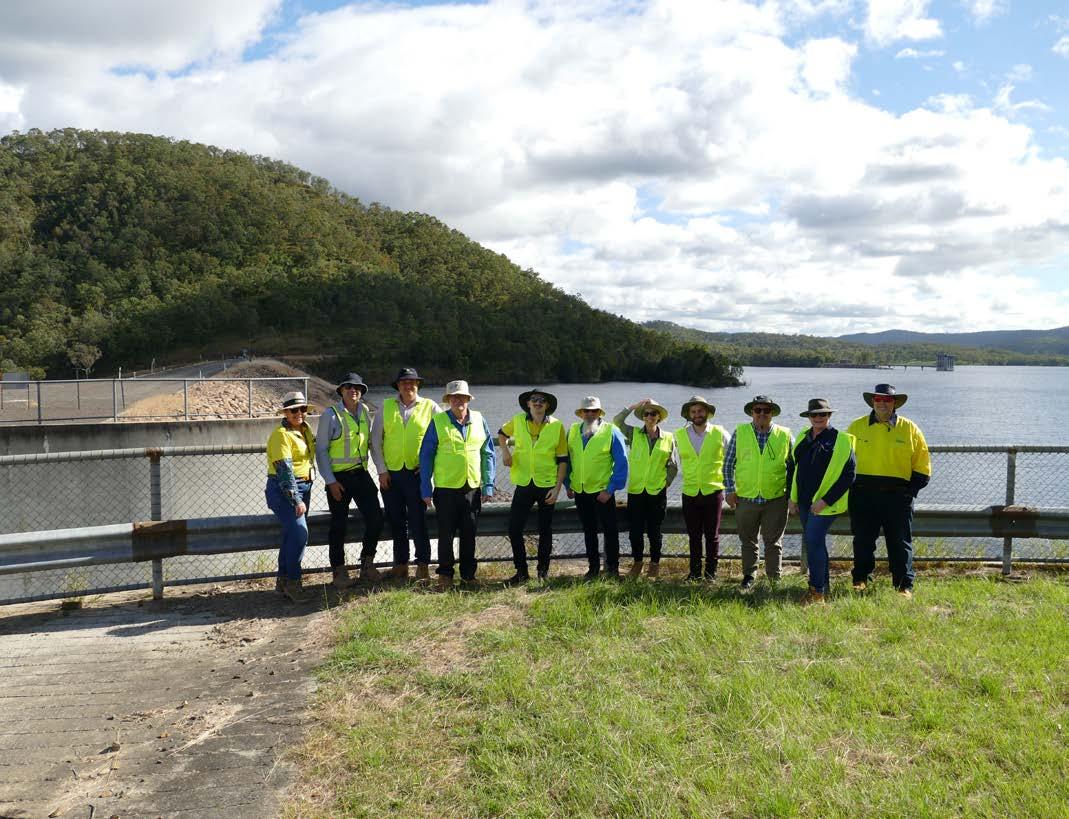
In Goondiwindi and Texas, the group inspected sewerage pump station renewals, a newly funded effluent disposal project, and an innovative hydrogenbased oxygenation trial.
These visits highlighted the innovation, but also the risk, embedded in aging infrastructure across the region.
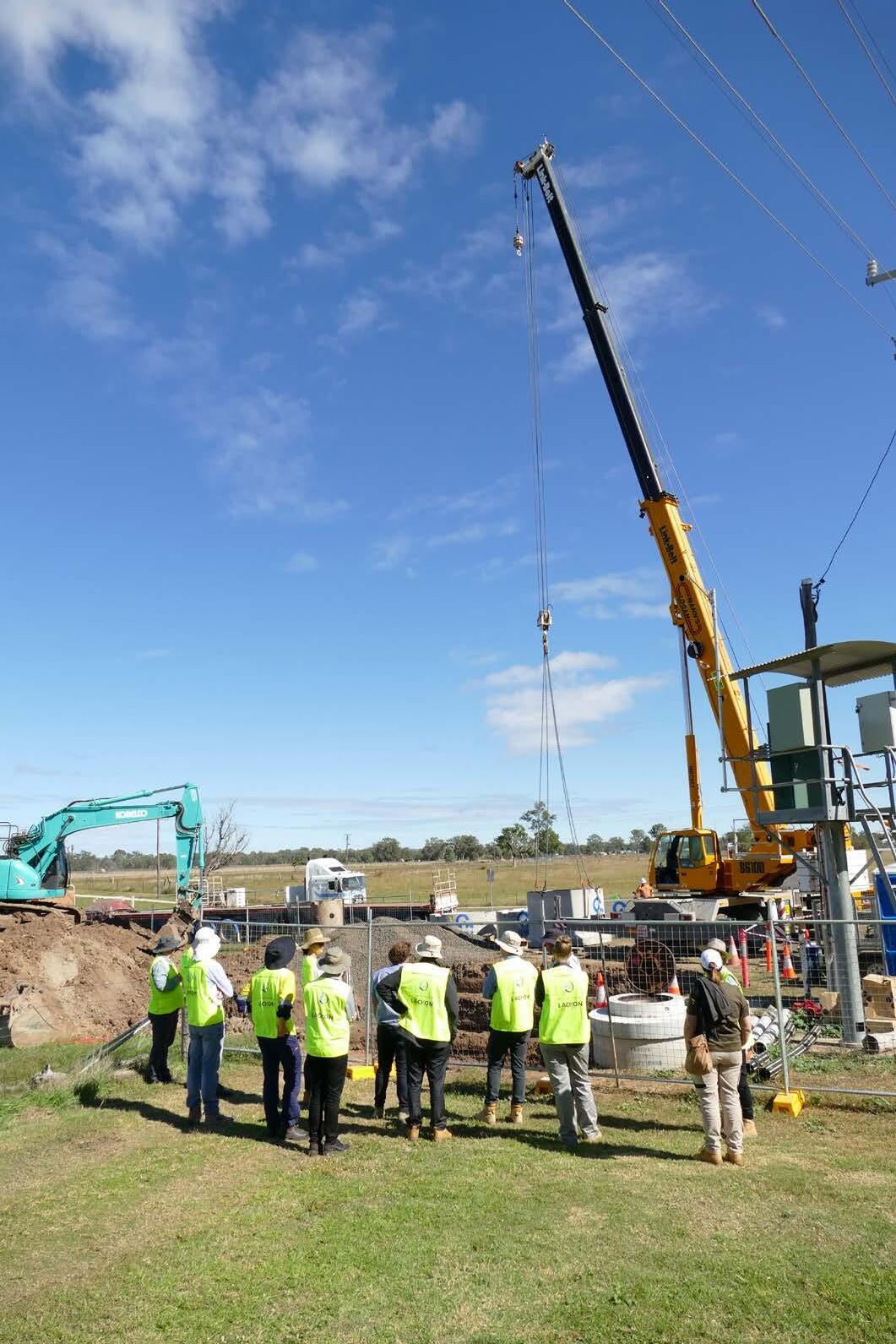
Bore inspections in towns entirely reliant on groundwater made it clear: failure is not an option.
With 40% of sewerage treatment plants and bores in the region rated at high or major risk of failure, discussions focused on emergency preparedness, water carting costs, and the need for coordinated infrastructure planning.
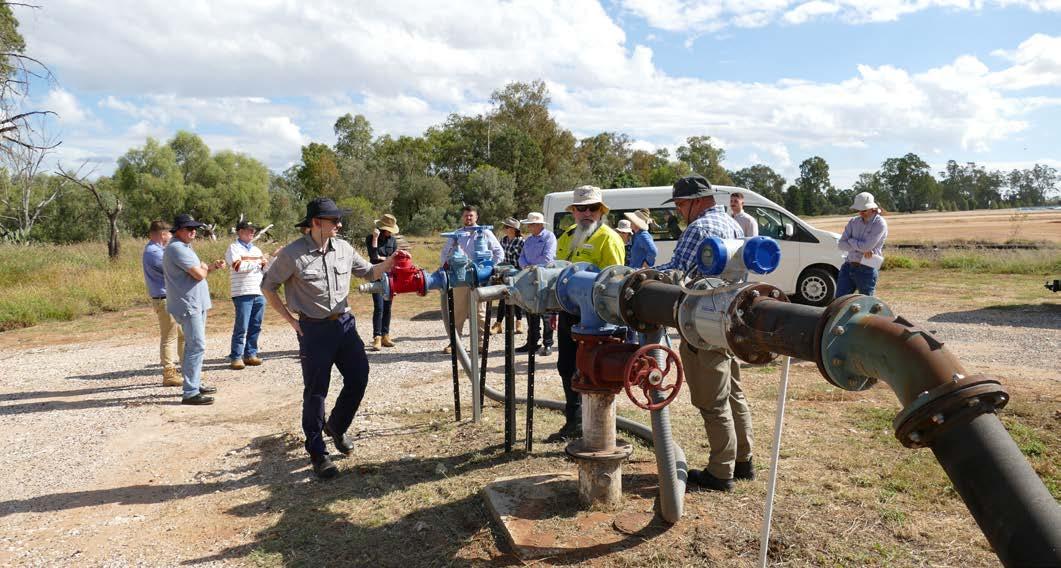
The final day featured inspections of some of the region’s most at-risk assets, including a historic bore now facing critical failure.
With limited redundancy and growing risks, the costs of not acting are rising.

The tour identified over $87 million in infrastructure investment needs across the region over the next decade. More importantly, it reinforced the need for cross-agency collaboration, fit-for-purpose funding models, and clear strategic planning to ensure water security, compliance, and liveability for regional Queensland.
A sincere thanks to Toowoomba, Goondiwindi, Balonne and Maranoa councils for their openness and leadership. Your insights will help shape the advocacy and planning needed to build a more resilient future for Queensland’s regional communities.
Thanks also to Luke Carruthers, Managing Director of tour sponsors Lackon, for joining us on the tour and providing technical advice and support.

In May, qldwater partnered with Before You Dig Australia (BYDA) to host the first of many awareness sessions focused on preventing utility damage. These sessions underscore the importance of safety around underground assets and the critical need for thorough planning to avoid costly and hazardous utility strikes.
Ali Sharkey from BYDA provided key insights into the organisation’s transition to an online platform for utility plans. She highlighted BYDA’s free, 24/7 inquiry service—a crucial tool for anyone working near underground infrastructure. To ensure all necessary permits are secured, Ali emphasised the importance of lodging inquiries 24 to 48 hours in advance to accommodate any delays.
One particularly sobering statistic stood out: among just 20 of BYDA’s 700 members, approximately 15,000 utility strikes occur annually, costing the Australian economy a staggering $4.7 billion each year. This stark reality serves as a powerful reminder that proactive planning isn’t just best practice—it’s absolutely essential.
To help mitigate risks, attendees were encouraged to follow the 5Ps of Safe Excavation:
• Plan ahead
• Prepare thoroughly
• Pothole to confirm underground assets
• Protect critical infrastructure
• Proceed only when it’s safe
Ali also shared several case studies, demonstrating the devastating impact of failing to locate underground utilities before excavation. One incident saw a contractor’s oversight result in extensive damage to fibre optic and copper cables, disrupting service for over 250,000 customers and causing significant financial losses.
Beyond underground hazards, the session also addressed the dangers of overhead electricity infrastructure. The Look Up and Live initiative was highlighted as an essential tool in preventing incidents, especially as overhead strikes occur even more frequently than underground ones.
Ensuring lasting change, discussions wrapped up with a call for improved training for contractors and the creation of educational materials to reinforce accountability for underground asset management.
WaterSkills Partnership Manager Sarah Henry reinforced a critical directive: councils must ensure contractors provide evidence that they have met their obligations in locating underground assets. Class D drawings are simply not enough!
At qldwater, we are dedicated to ensuring our water sector workers remain informed, prepared, and, most importantly, safe, so stay tuned for regular awareness sessions as we work together to build a safer future for our industry.
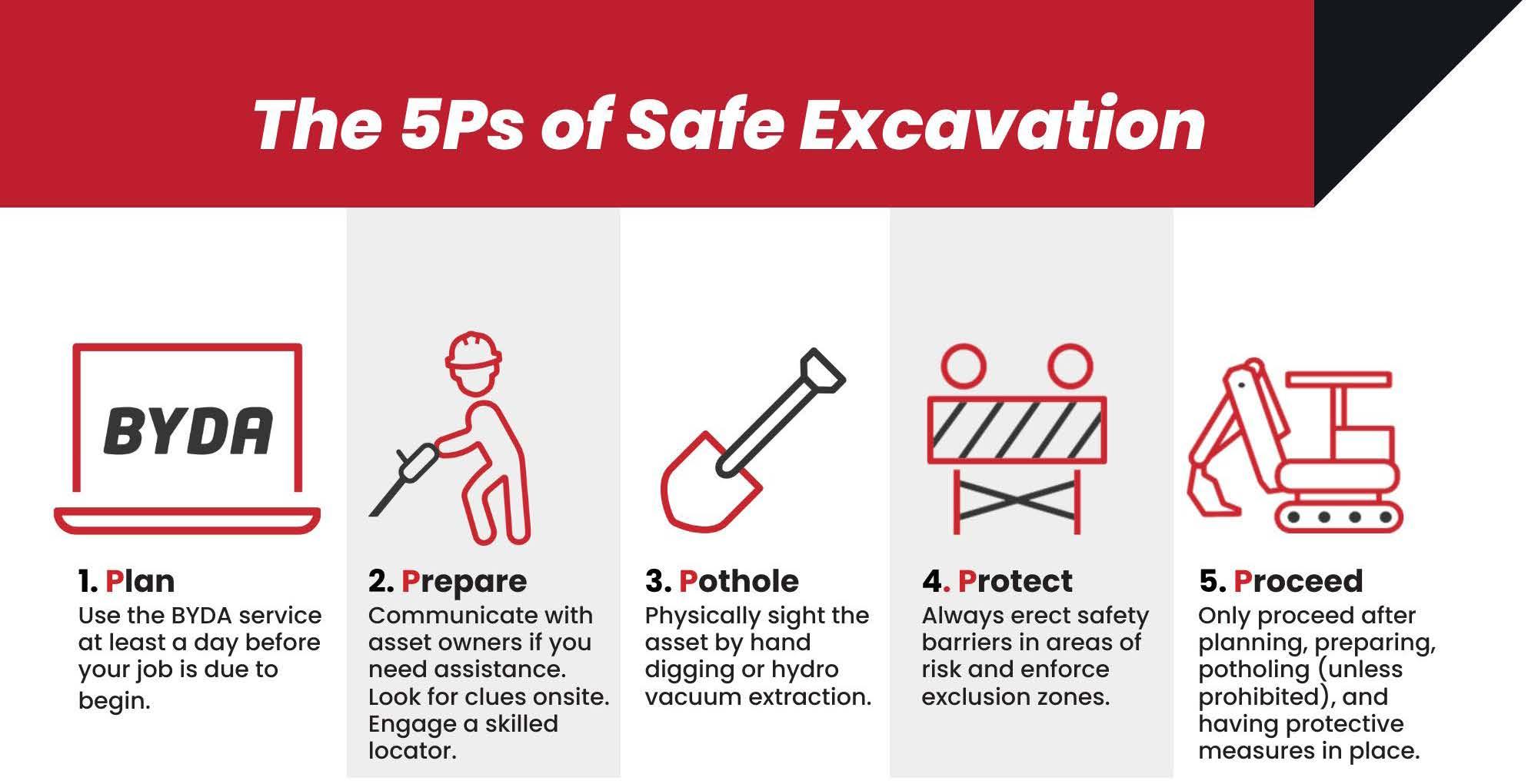
Since the last newsletter, qldwater hosted the following Essentials Webinars. Recordings of all Essential Webinars are available on the qldwater website
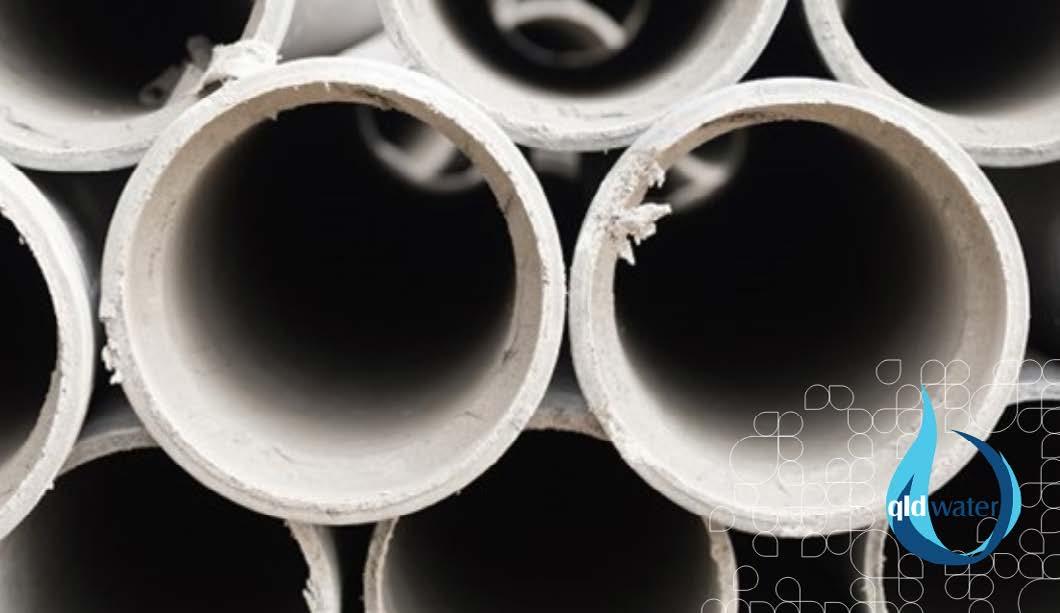
Following the announcement by the Office of Industrial Relations to grant an HPWJ exemption for sewer cleaning to the urban water sector in Queensland, this webinar provided an opportunity to hear industry experts break down the background and regulatory framework of the exemption, the research findings on asbestos risks in wastewater networks and the development and implementation of a Safe Work Method Statement.
Watch the recording and download the presentation here.

Leadership Coach Belinda Chapman delivered a focused session exploring how self-awareness can strengthen personal resilience during challenging times. Belinda presented neuroscience-backed insights, unpacked practical tools and offered reflection techniques to help identify and manage emotional triggers.
Watch the recording and download the presentation here.
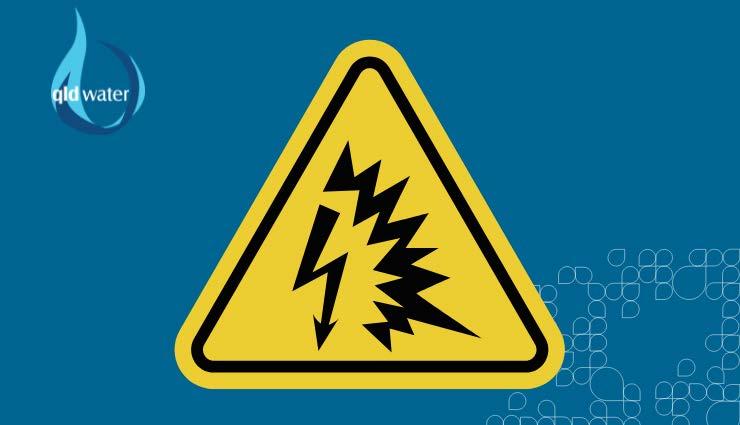
In 2017, Unitywater experienced an arc flash incident that highlighted the need for a structured approach to managing arc flash risk.
In response, Unitywater assessed and categorised the arc flash risk across all its switchboards, developed operational procedures, and implemented targeted training for staff at all levels.
Watch the recording and download the presentation here.

Operational Technology (OT) is vital to managing water infrastructure, yet it remains a key vulnerability in the face of rising cyber threats. In this webinar, Sean Murdoch from Secolve will explore the unique challenges of OT cyber security in the water sector, the implications of Australia’s SOCI legislation, and practical insights from industry experts.
More info and register here.
Sarah Henry, Water Skills Partnership Manager

The Water Skills Partnership (WSP) is gaining strong momentum under the leadership of Sarah Henry, with a renewed commitment to collaboration and progress. The group has agreed to meet every two months for 1.5 to 2-hour sessions, creating a consistent platform to address workforce challenges and share solutions. This is some of the work Sarah has been progressing on behalf of the partnership:
A major focus has been the development of the Certificate II in Water Industry Operations (WIO) Pathways Program.
While initially targeted at VETiS students due to available funding, the program is designed with broader career pathways in mind.
All four RTOs have been engaged in shaping the course framework, and one is actively working with WSP to finalise the package. Councils have also been invited to express interest in trialling the program.
Sarah is also investigating the pros and cons of apprenticeships vs traineerships - see next page.
Sarah continues to represent qldwater on the Buildskills Water Advisory Body, contributing to national discussions on water sector skills.
She also plays a key role in the Buildskills Technical Review of the unit Identify, Locate, Protect, ensuring training standards remain current and industryrelevant.
The WSP’s ongoing work is strengthening the sector’s capability and resilience, one initiative at a time.
Image below: Sarah takes the stage at the 2025 Water Skills Forum.
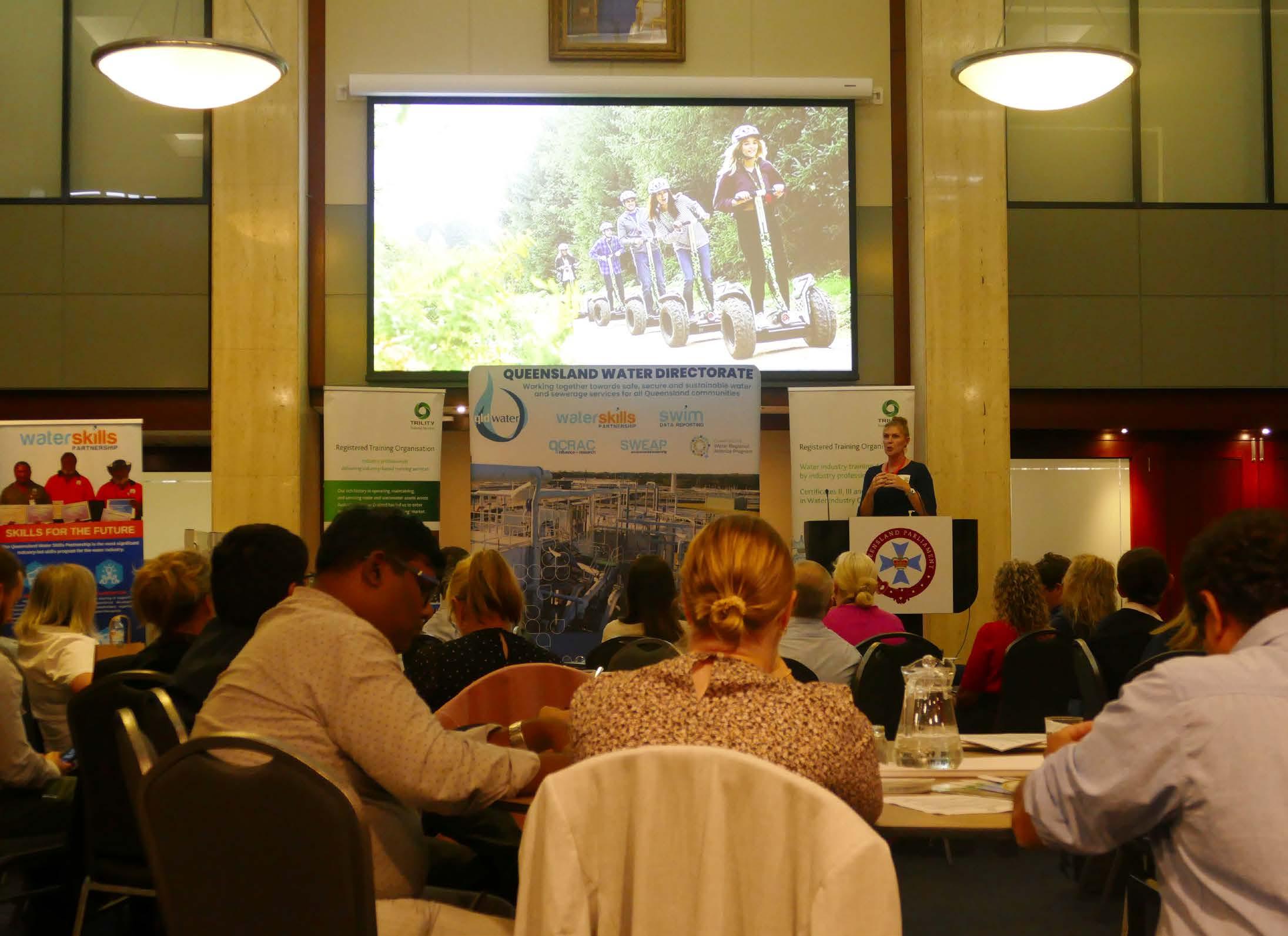
As Queensland’s urban water sector faces increasing pressure to address workforce shortages, skills gaps, and safety demands, it’s time to rethink how we attract, train, and retain talent.
At a recent Strategic Priorities Group meeting, WSP Manager Sarah Henry delivered a compelling case to transition from the current traineeship model to a more robust, trade-recognised apprenticeship framework. While traineeships have served the sector well in offering flexibility and ease of administration, they often fall short in delivering the depth of training, recognition, and long-term workforce development needed to meet the sector’s evolving challenges. Public perception of traineeships also tends to be less favourable, particularly among school leavers and career changers seeking clear career pathways.
An apprenticeship model offers a structured, nationally recognised pathway that better aligns with the technical and safety-critical nature of water operations. Key benefits include:
• Higher Employer Incentives: Apprenticeships attract greater federal and state funding, including access to the Apprenticeship Incentives Program and Tools of Trade grants.
• Recognition and Mobility: A three-year apprenticeship positions water operations as a legitimate trade, improving professional identity and employment mobility.
• Alignment with National Priorities: Moving from AQF Level 4 to Level 3 aligns the occupation with the National Skills Priority List and Skilled Migration List—critical for addressing long-term regional workforce shortages.
Apprenticeships emphasise structured workplace learning, formal mentoring, and practical assessments. This model gives councils greater control over competency development and reduces reliance on post-qualification catch-up training. It also supports safer, more capable workers through embedded training in high-risk areas such as confined spaces, gas detection, and electrical safety.
The proposed apprenticeship model expands the qualification to 18–21 units, incorporating both foundational and advanced skills to deliver a stronger, more relevant training package. This includes six core units that directly address regional skills gaps, ranging from CPR and first aid to working safely at heights and live electrical rescue.
Many regional RTOs already deliver the required units, and the Locality Loading incentive encourages training outside major centres. This flexibility supports local economic development and reduces travel costs for councils.
A recognised apprenticeship pathway makes the water sector more attractive to new entrants, particularly younger workers and career changers. It promotes the industry as a viable, rewarding trade career with real progression and income potential.
To ensure long-term workforce sustainability, safety, and capability, qldwater recommends transitioning to a trade-recognised apprenticeship model. This shift will:
• Unlock greater funding and support
• Align with national skills and migration priorities
• Deliver deeper, more consistent training outcomes
• Directly address skills shortages identified by councils
Now is the time to invest in a future-ready workforce for Queensland’s water sector.
We would love to hear from our members – do you agree / disagree? Send your thoughts to skills@ qldwater.com.au and watch this space for updates!
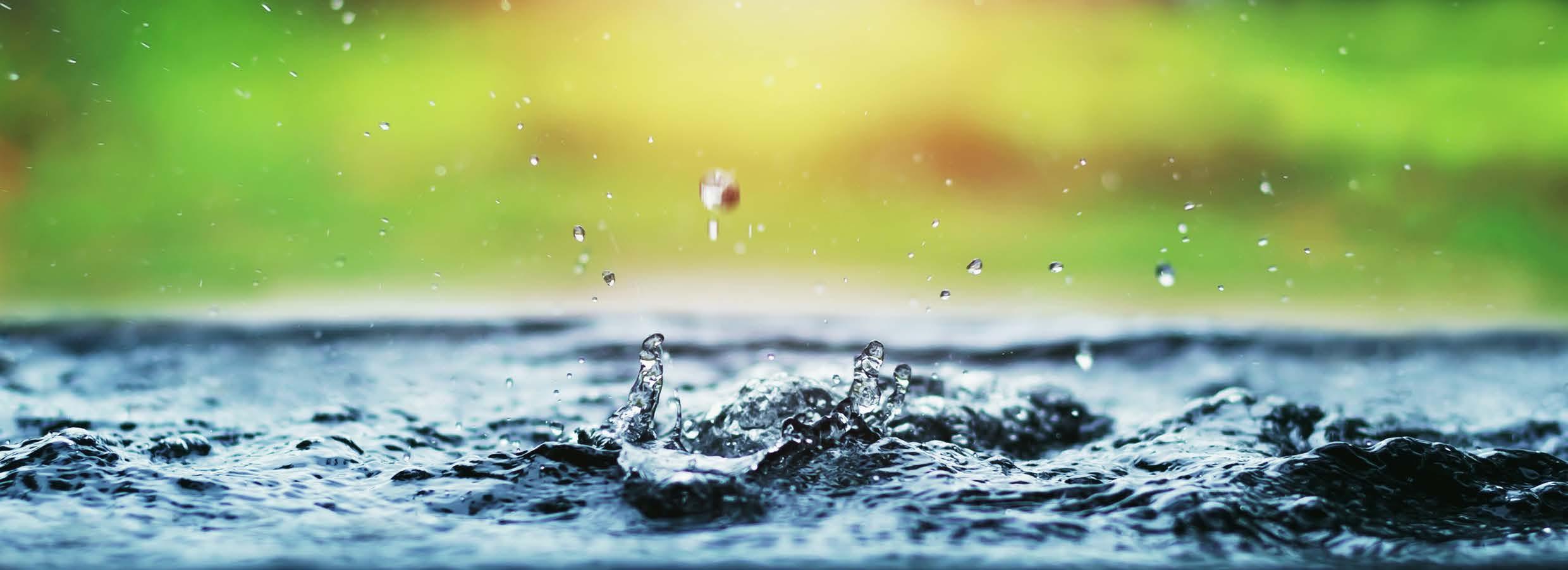
Jess Dean, Project Manager Data and Environment
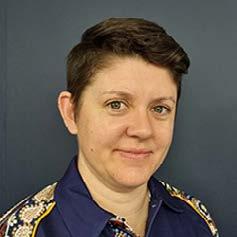
The upcoming release of the 2024 Workforce Snapshot Report marks another milestone in understanding Queensland’s water sector workforce.
With a record 42 service providers contributing data, the report will offer valuable insights into trends such as labour shortages, retention, and industry competition.
The final report will be published in July, and previous editions are available here. In the meantime, here’s a snapshot to give you a flavour of what’s to come...
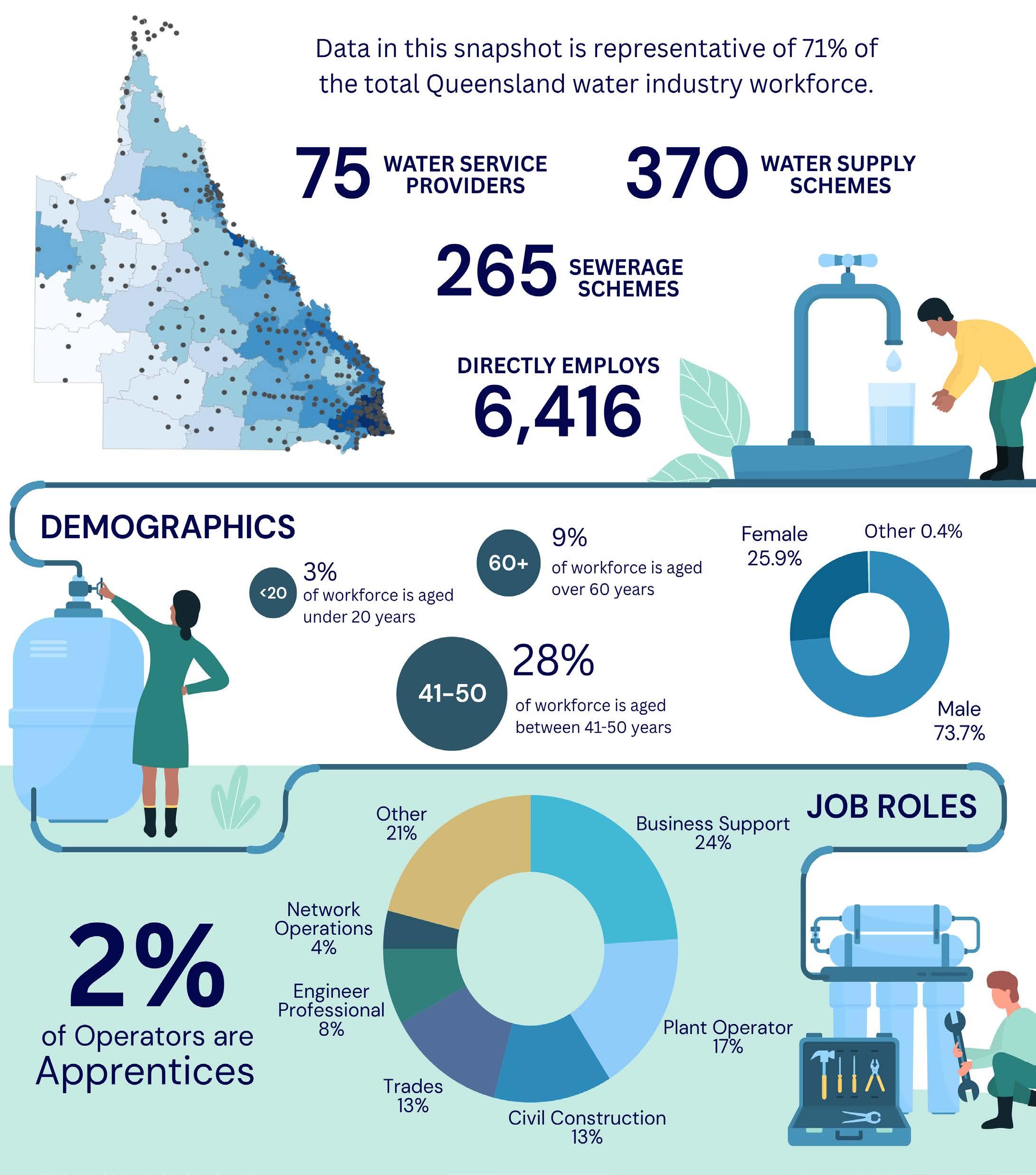
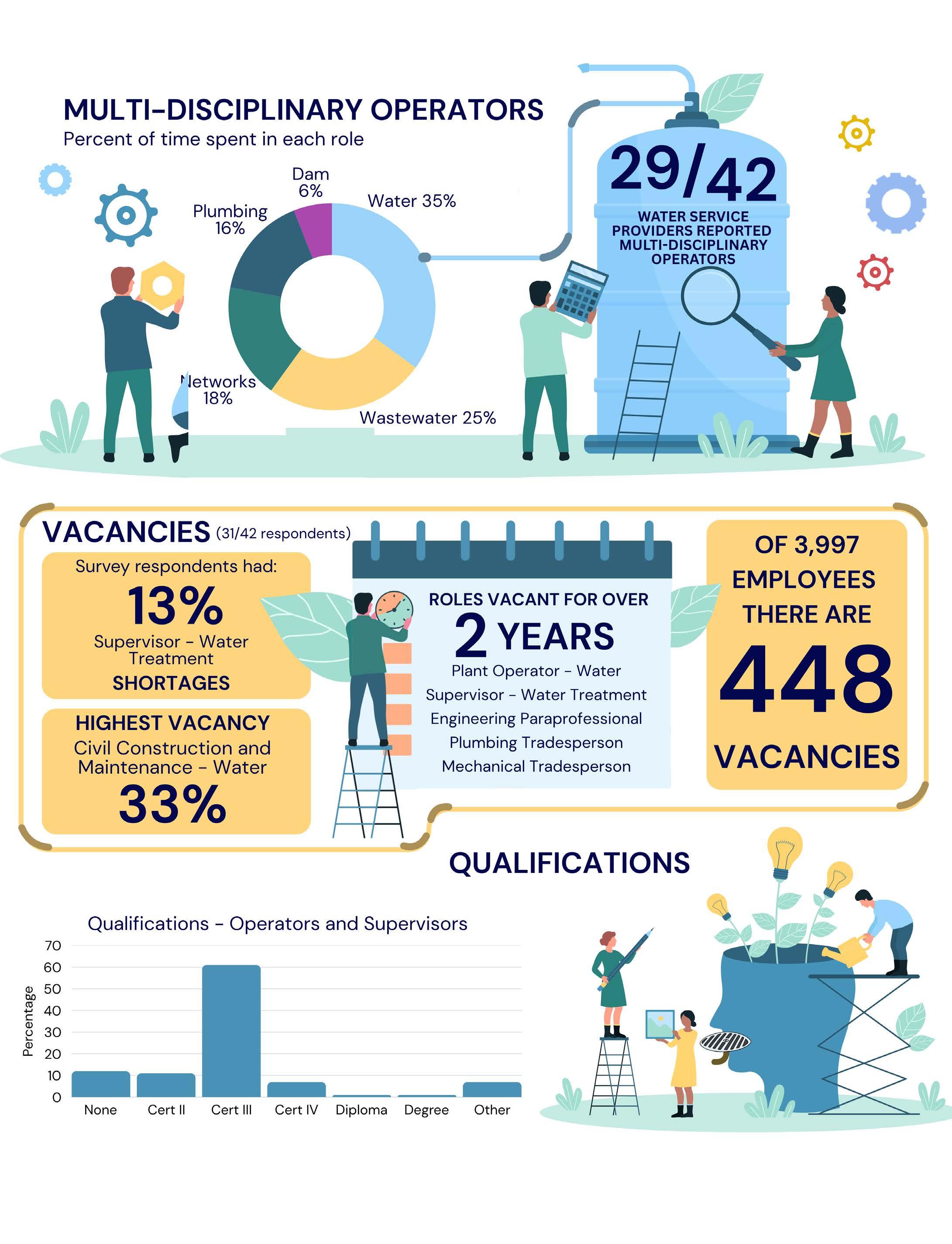
qldwater continues to grow our online training resources on the Water Training website. Developed in response to practical industry needs and recent regulatory changes, these short courses are designed to equip workers with the knowledge and confidence to perform their work safely, accurately and in line with best practice.
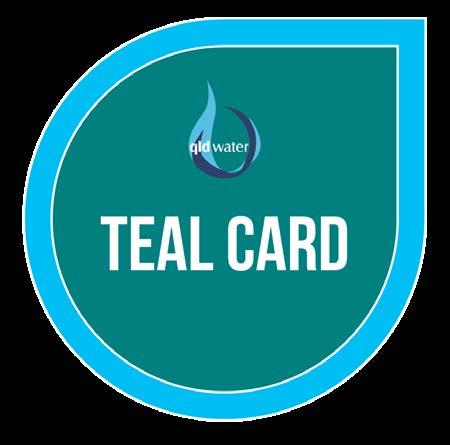

Often overlooked but absolutely essential, water sampling is the critical first step in any water quality or compliance assessment. The Teal Card course reinforces that a poor sample cannot be corrected later, and highlights the importance of getting it right the first time.
This online training was developed by qldwater in consultation with Queensland Health and Seqwater and conforms to the requirements of the Australian Drinking Water Guidelines and Australian Standard AS/NZS 2031:2012.
By the end of the course, participants will understand:
• Why sampling is of primary importance
• What field testing is and how it’s done
• How to sample environmental and drinking water
• Which sample containers to use
• How to correctly label and document a sample
• How to preserve and transfer samples to a laboratory
This course helps participants appreciate the full sampling process — not just as a field task, but as a vital link in maintaining public health, environmental compliance, and data integrity.
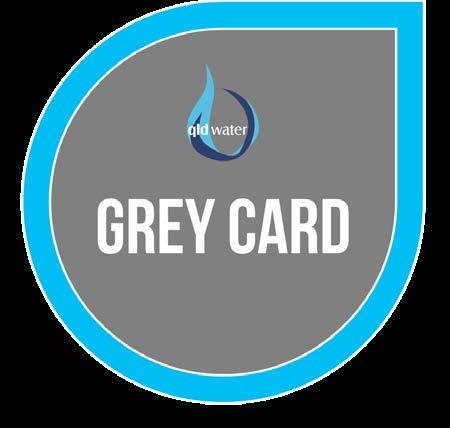
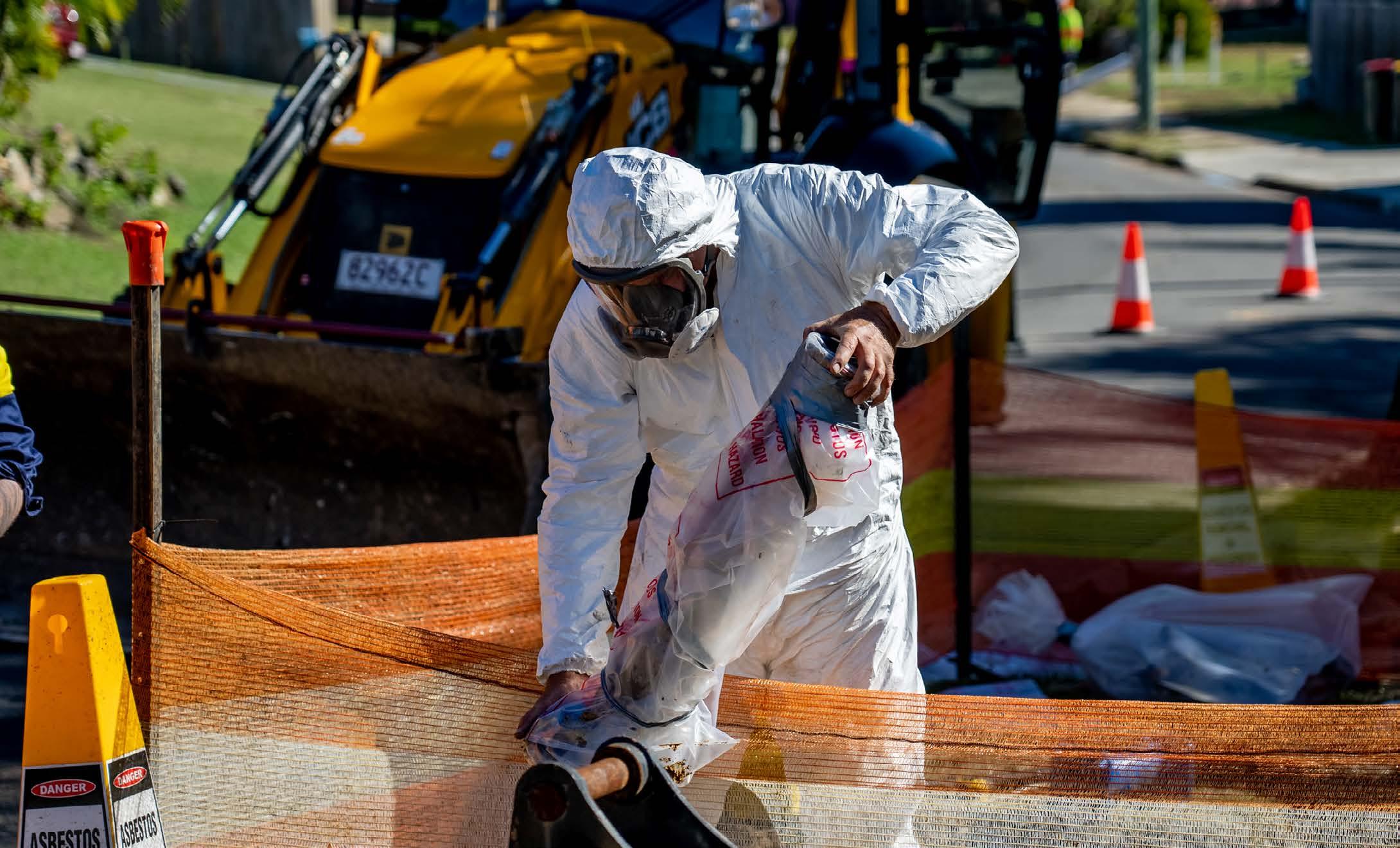
Following the Office of Industrial Relations’ recent announcement of a High Pressure Water Jetting (HPWJ) exemption for cleaning asbestos cement pipes in Queensland’s urban water sector, the Grey Card was developed to support safe and informed work practices. This non-accredited course complements the release of a sample Safe Work Method Statement (SWMS) and aims to ensure contractors and staff understand the risks and responsibilities when working around asbestos cement infrastructure.
Course modules include:
1. What is asbestos?
2. History, use and deterioration
3. Health risks and safety considerations
4. Cleaning and maintenance of Asbestos Cement Pipes
This course does not provide an asbestos removal licence, but it does help field workers, contractors and supervisors recognise when work can safely proceed, and when a task needs to be escalated. Including this training in your contractor requirements is a practical way to ensure SWMS are being read, understood, and followed, helping to meet your WHS obligations.
Thanks to Mackay, Corydon Tablelands, Quilpie, and Richmond Councils for participating in the peer review process to get this card off the ground in such a short timeframe.
The course is free for qldwater members and available to contractors at $165 (including GST). Please advise your contractors to complete this card to ensure WHS obligations are being met.
If you are interested in hearing more about the background of the HPWJ Exemption, a recording of the Essentials Webinar on the topic is available here. The webinar included presentations by David Wiskar, Paul Weeks (UU), Peter Aspinall (WSP) and Joe Meissner (Veolia).
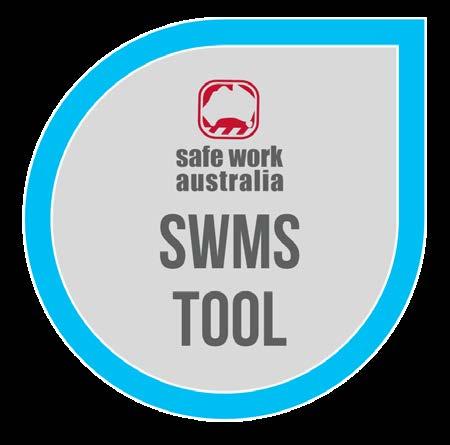

Building on the information provided in the Grey Card, we have also added an interactive Safe Work Method Statement (SWMS) tool to the Water Training website.
Developed by Safe Work Australia, the interactive SWMS tool provides information on how to prepare and use a SWMS in the workplace. It identifies high risk activities including falling more than two metres, disturbing asbestos, working in confined space, near a shaft, trench, tunnel or pressurised mains and more.
The information provided in the SWMS tool is based on the model WHS laws and does not guarantee compliance or provide information about WHS laws that are specific to your state or territory. Contact the local WHS regulator in your state or territory for practical advice, guidance, resources and tools to help you keep safe when doing high risk work.

We get regular requests for assistance to enrol staff into the training courses. All employees from qldwater Members and Affiliate Members get free access to all the courses on the Water Training Website.
We have created dynamic rules on the site so that anyone who creates an account or logs in at watertraining.com.au/ using a work email address with the domain of the member organisation, will automatically be enrolled into all the Card courses. This means that you no longer need enrolment keys or passwords to bypass the payment page - the system will recognise you as a valued member.
We work with our member organisations to make sure the enrolment processes are seamless, so please contact us if you have any special requirements. We can also set up custom reports to keep your L&D coordinators up to date on course completions by your teams.
Please email skills@qldwater.com.au if you need any assistance.
qldwater is continuing its commitment to workforce safety and compliance by supporting regional councils in delivering nationally accredited High Pressure Water Jetting (HPWJ) training. This initiative is particularly vital for teams working with high-risk infrastructure, such as asbestos cement (AC) pipes.
In response to the HPWJ exemption that permits limited work on asbestos materials under strict conditions, qldwater has partnered with Toowoomba Regional Council and leading training provider TrainRight to ensure operational teams are properly equipped. The exemption mandates training through a Registered Training Organisation (RTO), aligned with Australian High Pressure Water Jetting Standard AS4233, to reduce liability and ensure legal compliance.
Through this partnership, TrainRight delivered a threeday onsite training program in Toowoomba, with up to 10 participants per session. Each participant completed the MSMSS00019 – Operate a Drain Cleaning System skill set in an interactive digital format having 30 days to complete the theory, covering four nationally accredited units. The one-day onsite training focused on critical areas such as nozzle selection, asbestos awareness, and reviewing the new AC Drain Cleaning Safe Work Method Statement (SWMS).
Paul Hockings from Toowoomba Regional Council said 31 employees have now completed the training.
“Feedback from our team has been overwhelmingly positive, with the trainer’s industry knowledge standing out. The training has empowered us to update our SWMS and SOPs to meet the exemption requirements negotiated by qldwater.”
Trainer Ethan Leeds from TrainRight echoed the positive sentiment, noting high levels of engagement and preparedness among participants.
“Most of the team had completed the AC Awareness course, which made it easier to explain PPE requirements. However, many were unaware of the exemption and the specific SWMS template required for jetting AC mains. We addressed this thoroughly and provided practical solutions, including nozzle pressure adjustments and efficiency tips.”
Ethan also praised the Toowoomba team’s openness to learning: “They were eager to understand the science behind jetting, and how to stay safe while being productive. It’s been a pleasure working with such a proactive group.”
Beyond the initial training, TrainRight offers ongoing compliance support, including refresher tracking and streamlined re-certification. This ensures councils not only meet legislative obligations but also build longterm operational resilience and workforce capability. qldwater’s efforts in facilitating this training underscore its commitment to safety, compliance, and excellence in water service delivery across Queensland.
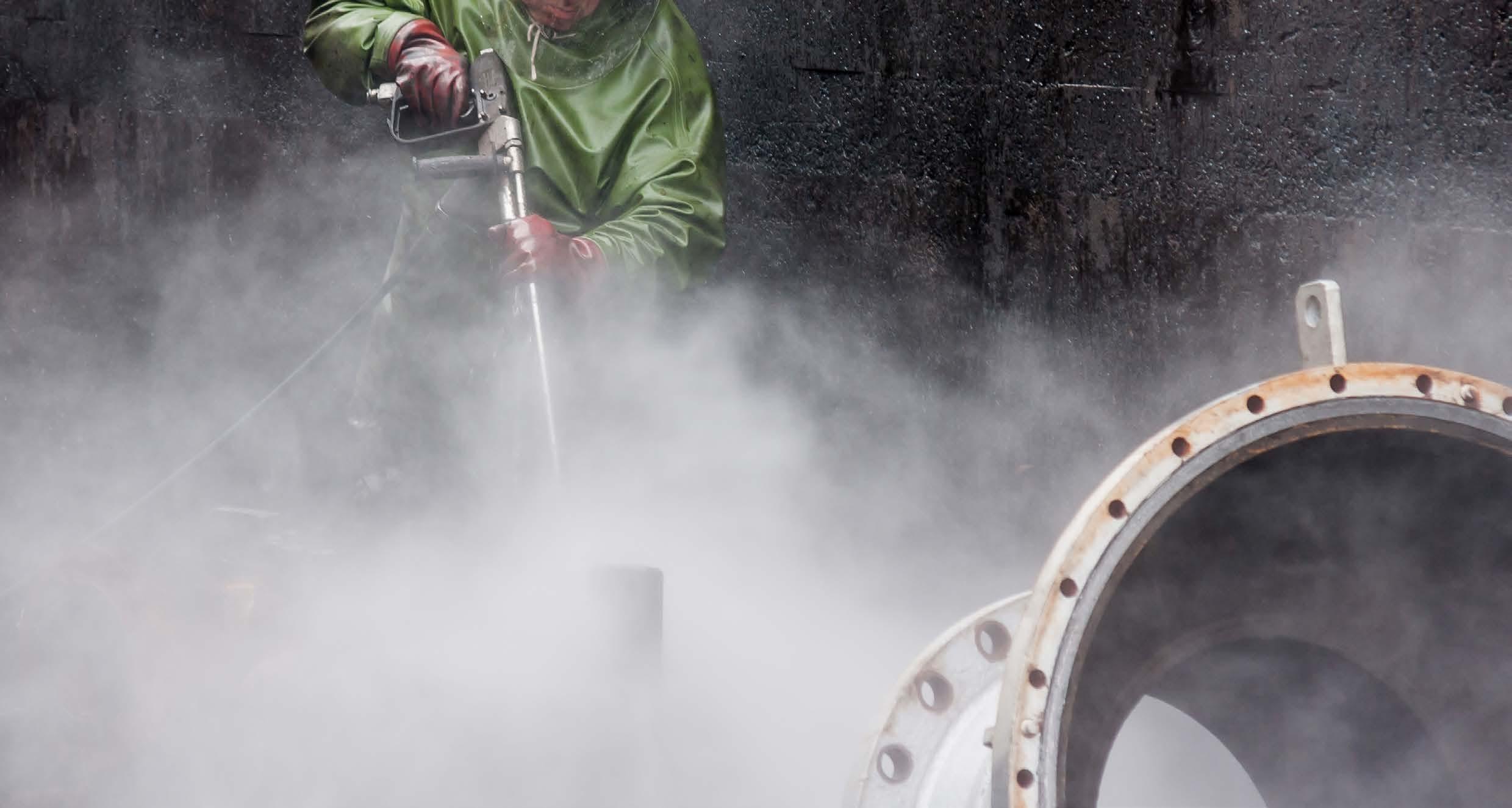
From June 17–19, 2025, the vibrant community of Weipa played host to the 2025 Indigenous Local Government Drinking Water Symposium - a landmark event that brought together water professionals, local government representatives, and community leaders from across Queensland.
Organised by Queensland Health as part of the Safe and Healthy Drinking Water in Indigenous Local Government Areas Program, the symposium was a powerful showcase of collaboration, innovation, and commitment to safe drinking water for all.
Held at the Kumrumja Centre, the three-day event featured a dynamic mix of presentations, field tours, and training sessions, all designed to strengthen the capacity of Indigenous councils and water operators in delivering high-quality water services.
A key highlight of the symposium was the delivery of the qldwater Micro-Credential in Drinking Water Quality Management Plans on Day 3. Facilitated by Stu Boyd and using case studies developed by qldwater, this hands-on training provided participants with practical insights into the operational implications of Drinking Water Quality Management Plans (DWQMPs). The session was tailored to the unique challenges faced by Indigenous councils and was met with enthusiastic engagement from attendees.
This micro-credential reflects qldwater’s ongoing commitment to building skills and knowledge across the sector, ensuring that all communities, regardless of size or location, can access the tools and training needed to manage water safely and sustainably.
The success of the symposium would not have been possible without the tireless efforts of the Queensland Health Safe and Healthy Drinking Water Program team. From coordinating logistics to curating a rich and relevant program, the team demonstrated exceptional leadership and dedication. Their work ensured that the event was not only informative but also deeply respectful of the cultural and operational contexts of Indigenous communities.
Special recognition goes to Chris Blake and the broader Environmental Health team, whose vision and coordination brought together over 100 participants from across the state. Their efforts have helped foster stronger networks, shared learning, and a renewed focus on community-led water solutions.
Throughout the symposium, attendees heard powerful stories from councils including Napranum, Cherbourg, and Wujal Wujal, highlighting local journeys in water management, resilience, and innovation.
Field tours of the Napranum and Evans Landing Water Treatment Plants offered a rare behind-the-scenes look at operations, while the ever-popular Best Tasting Tap Water Competition added a fun and flavourful twist to the proceedings. Congratulations to the team at Napranum (pictured next page) for winning this coveted award.
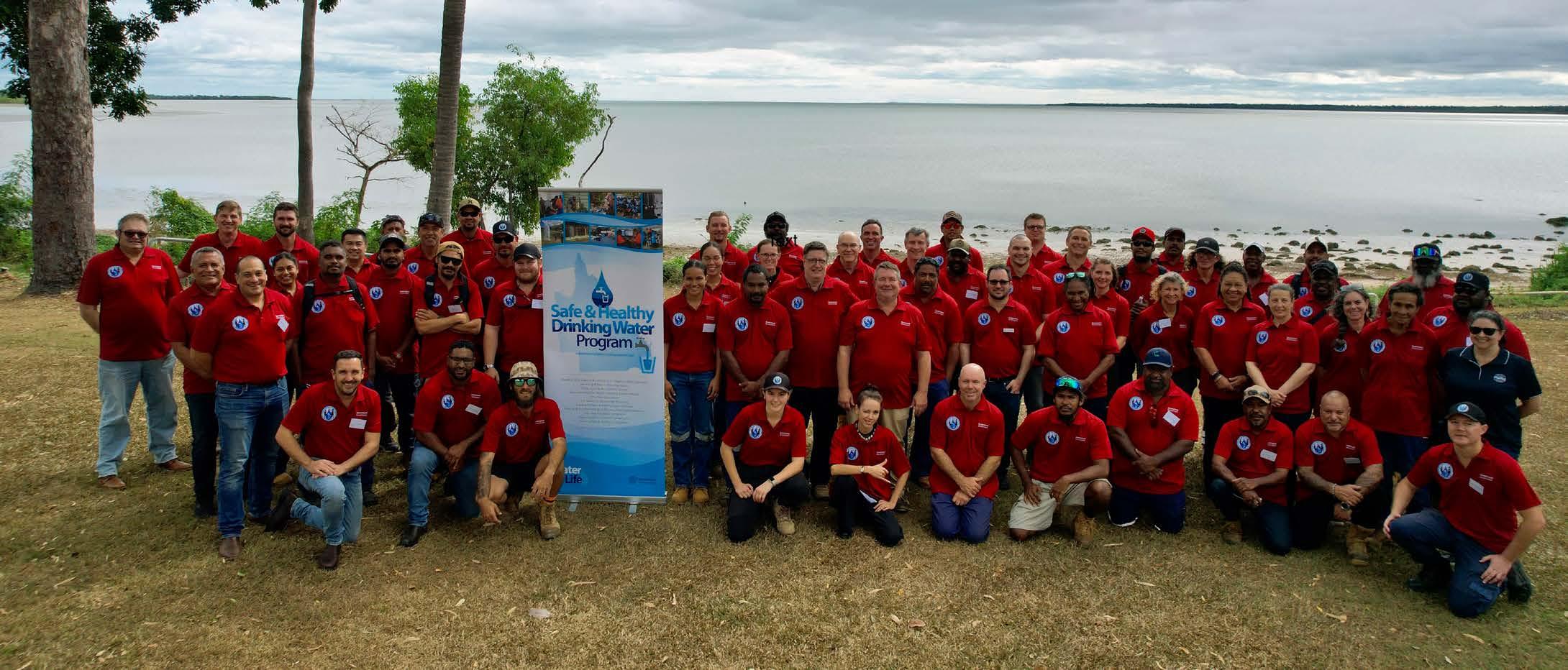
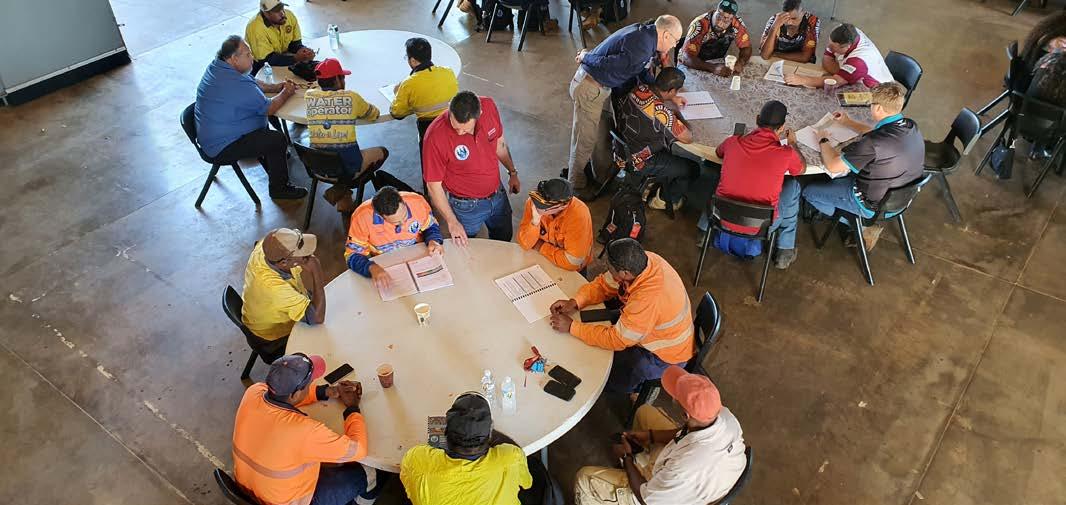
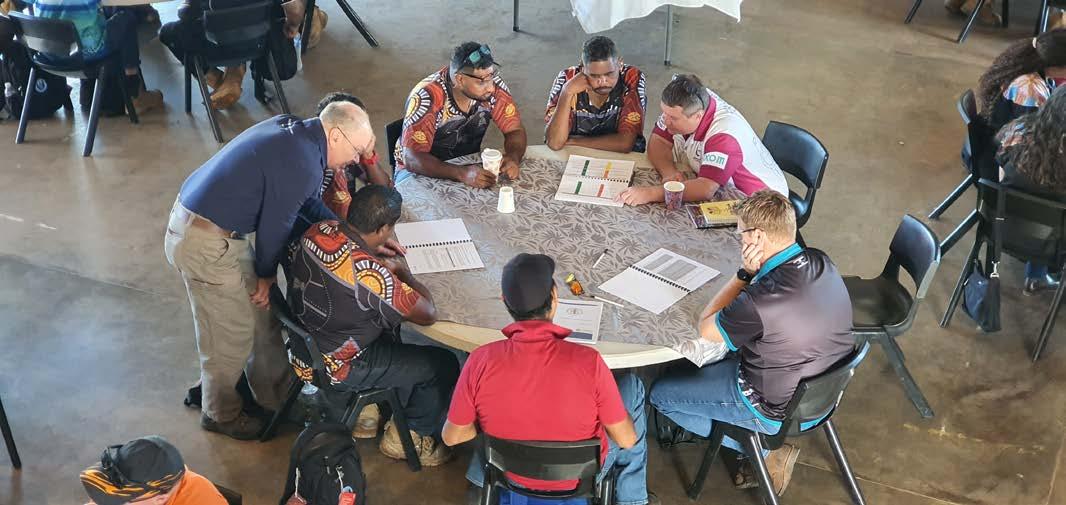

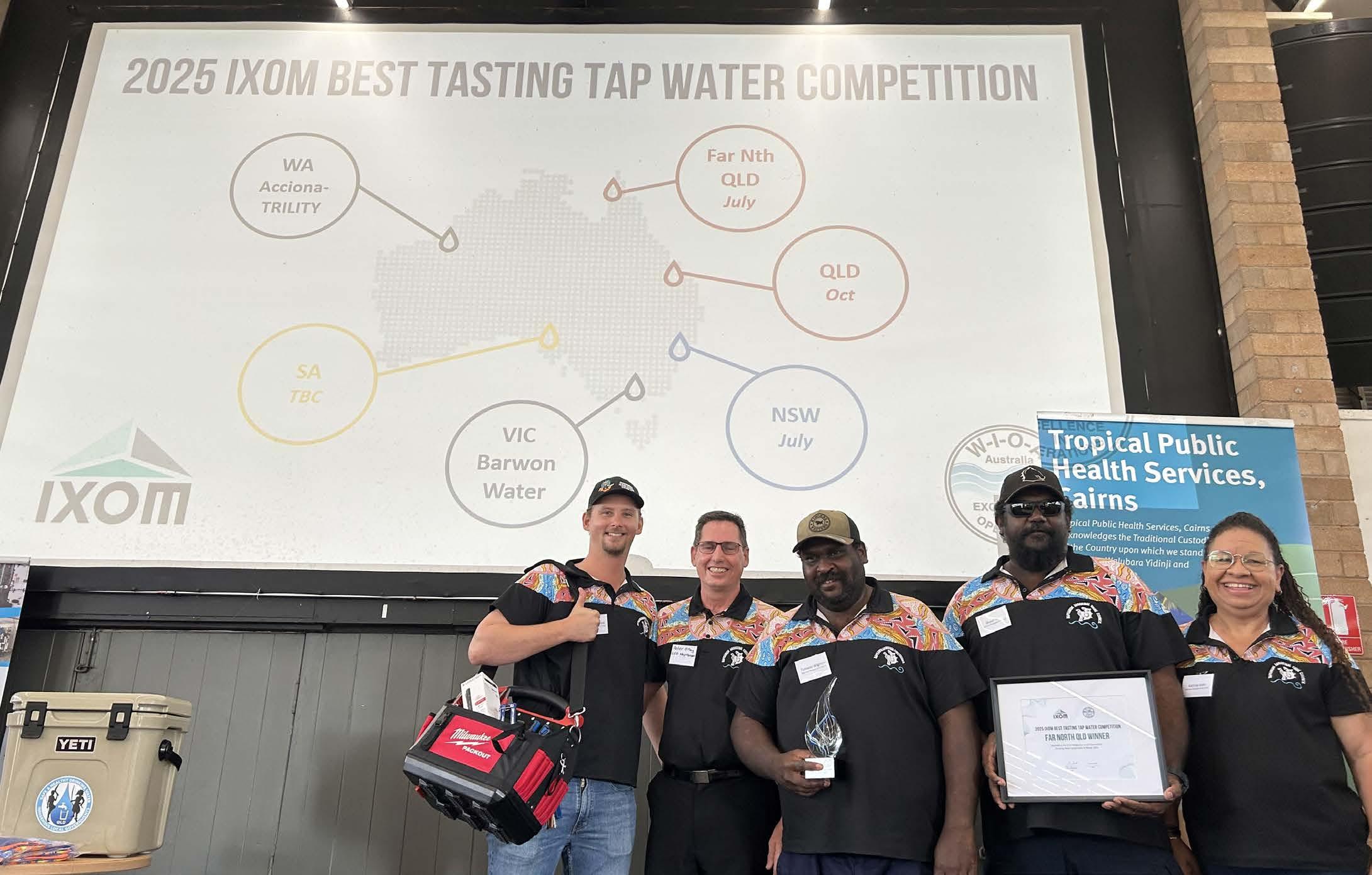
Cass Cowley, Industry Skills and Jobs Advisor
qldwater has locked in a new three-year contract under the Queensland Government’s Industry Skills and Jobs Advisor (ISJA) Program. This funding means greater support for workforce development, ensuring training aligns with industry needs and future-proofing skills across the sector.
The ISJA Program, part of the Good Jobs, Great Training: Queensland Skills Strategy 2024–28, focuses on strengthening links between government and industry.
As part of this initiative, qldwater has appointed Cass Cowley as the Industry Skills and Jobs Advisor. Cass has hit the ground running, bringing her previous experience in stakeholder engagement at the Department of Trade, Employment and Training to drive the project forward.
Cass is leading the charge on behalf of the newly formed Queensland Water Industry Reference Group (QWIRG), a collective of representatives from councils, utilities, and private employers across metro, regional, and remote Queensland. The group, chaired by Trevor Dean from Fraser Coast Regional Council, is focused on advocacy, engagement, and making sure the industry’s voice is heard when it comes to training and workforce priorities.
Some key ISJA activities underway include:

• Investment Settings: Working with businesses to assess how the government’s VET investment is addressing both current and emerging workforce needs at a regional level.
• National Engagement: Strengthening ties with BuildSkills Australia, the new Jobs and Skills Council (JSC) for the sector, and ensuring Queensland’s water industry is well-represented at a national level.
• Stakeholder Communications: Rolling out a targeted communications strategy to keep water sector professionals informed and engaged through QWIRG and other channels.
An Action Plan outlining the project’s strategic direction is currently in development and will be published on the qldwater website once finalised. This work reinforces our commitment to shaping a strong, skilled workforce for the future.
Stay tuned for updates, and if you’ve got ideas or feedback, contact Cass Cowley.
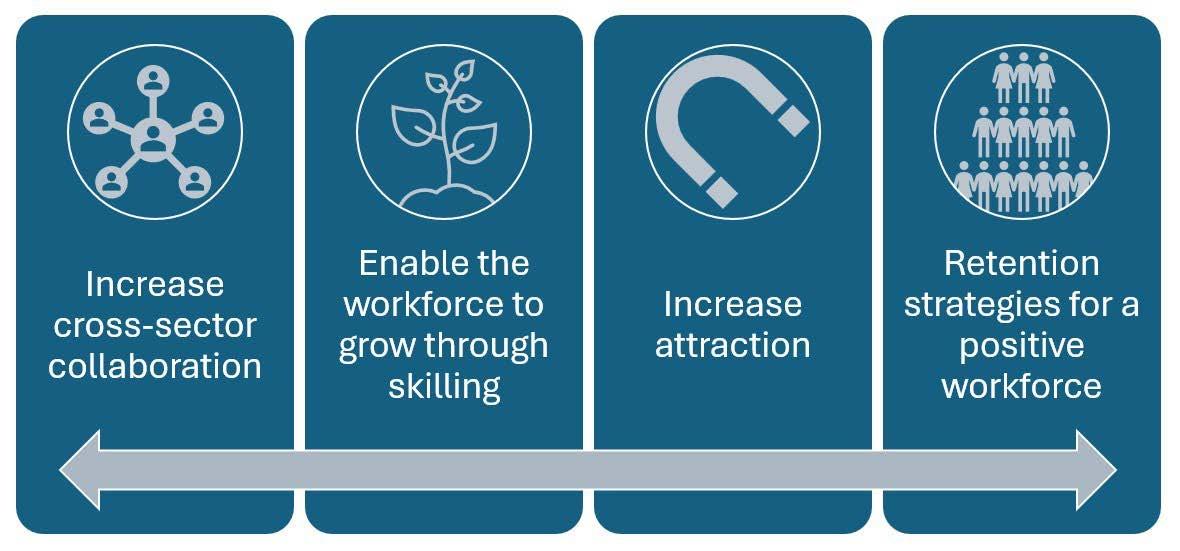
Lee-Anne Willis, Learning and Development Coordinator
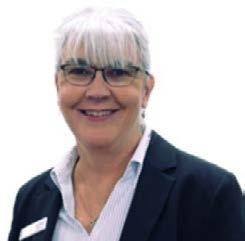
As the Water Industry Worker (WIW) Program gears up for the next round of funding, we reflect on one of Queensland’s most successful regional training initiatives. Over the past five years alone, nearly 220 Water Industry Workers and Treatment Operators across 18 regional councils completed their Cert II or Cert III in Water Industry Operations. This remarkable outcome is the product of long-term collaboration between councils, the Queensland Water Regional Alliances Program (QWRAP), and our dedicated training provider, Simmonds & Bristow .
From its modest beginnings as a pilot program in South East Queensland in 2009, the WIW Program grew year on year into a structured and scalable workforce development model. The next step was to take it to the regions and to make water industry training accessible and meaningful for regional and remote communities. In 2019, the Whitsunday Isaac Mackay Water Alliance (WIMWA) successfully applied for bidpool funding for a dedicated Learning and Development Project Coordinator (LDPC) role.
The LDPC position, hosted by Mackay Regional Council, was critical to manage training needs analysis, scheduling, procurement and performance reporting.
Simmonds & Bristow (S&B) stepped in as a specialist Registered Training Organisation (RTO), drawing on more than a decade of experience delivering clustered training to remote and regional communities.
The first regional training program brought together five councils - Mackay, Townsville, Whitsunday, Burdekin, and Cairns - and was delivered across regional hubs in Cairns, Townsville and Mackay.
“We knew the key to success was making training local and practical on the infrastructure the learners actually work on,” said S&B trainer Liz Millan. “Once that first cohort saw results, demand grew quickly.”
Successive rounds followed, delivering Certificate II and III qualifications to water industry workers. The delivery model clustered councils together and rotated training hubs to minimise travel while building local networks among operators.
More RTOs have since joined the ranks, with TRILITY currently hosting 7 trainees and Envirocheck 24.
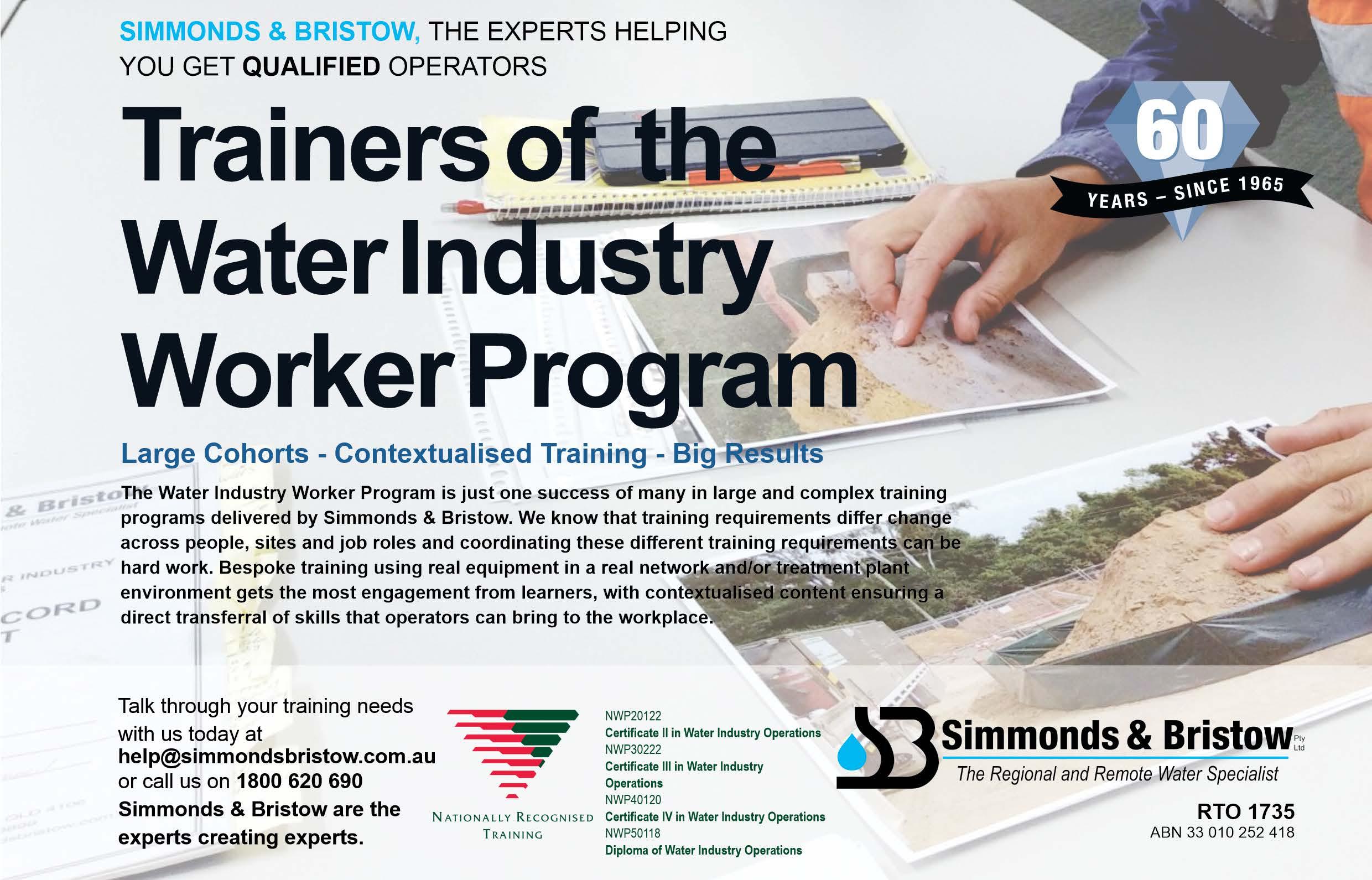
David Scheltinga, SWIM Manager

Exciting updates are rolling out for SWIM and swimlocal, helping streamline reporting and improve usability for Queensland’s water service providers.
Work is underway to shift all swimlocal tools to webbased versions, meaning users won’t need a PCinstalled version for SWIM Annual Reporting anymore. The new Web Admin Tool (Users/Annual Access) will launch in June, just in time for 24/25 SWIM reporting, making it easier than ever to manage data online.
In other developments, discussions with the Regulator continue on a standard DWQMP Annual Report Data Summary Table template, set to be ready for December 2025 reporting. This will simplify the process for Service Providers, helping them meet compliance requirements faster.
Plus, real-life testing of the WaTERS-swimlocal data transfer system is ongoing—another step toward a smoother reporting process.
SWIM continues to grow, with 62 South Australian Service Providers now onboarded through the SA State Government Department of Energy and Mining (DEM) for 24/25 Annual Reporting. Training sessions (both inperson and online) were held in Adelaide in May to get providers up to speed.
The 24/25 SWIM reporting setup is also complete, incorporating all changes to the NPR—including requirements for councils with under 10,000 connections. Final testing is underway to ensure a seamless rollout.
All SWIM Help & Information documents and training videos are getting a refresh, with updated versions uploaded to the website. Plus, the SWIM software is undergoing final tweaks to improve user experience. Look out for drop-down text selections (e.g., yes/no) and auto-opening comment boxes when mandatory comments are needed.
These upgrades will make SWIM and swimlocal easier to use while ensuring compliance reporting stays efficient.

by Louise Reeves, Lead Scientist

The Sewerage and Water Environmental Advisory Panel (SWEAP) has been hard at work this year, leading advocacy efforts and driving critical discussions on environmental regulations impacting Queensland’s water sector.
Here’s a snapshot of recent activities:
SWEAP has been lobbying for legislation to shield Australian drinking water and wastewater agencies from legal liability related to PFAS, similar to proposed laws in the US. With regulatory uncertainty increasing, this push is vital to ensure utilities can continue operations without undue legal risk.
SWEAP facilitated multiple consultation sessions for important state and national industry reviews, including:
• The PFAS NEMP 3.0, now finalised and expected to be accepted by the Queensland Government soon.
• Updates to the Industrial Chemicals Management Standard (IChEMS) register affecting PFOS, PFOA, and PFHxS scheduling.
• The NSW Biosolids Regulatory Review, a critical issue for biosolids management.
• Changes to the Queensland Environmental Protection Act, impacting enforcement powers and penalties.
• Revisions to the Wastewater Quality Management Guidelines, particularly around Sewer Acceptance Criteria.
• A submission to the Senate Select Committee on PFAS.
SWEAP meetings have featured guest speakers from across government, utilities, and legal sectors, covering pressing topics like PFAS management, biosolids processing, and environmental compliance. Key presentations included:
• Insights from DETSI’s Waste Team on PFAS in organic material processing.
• Updates from Urban Utilities on nutrient offset strategies for streambank stabilisation and scientific approaches to reversing environmental decline.
• Legal perspectives on emerging contaminants and liability risks under the Environmental Protection Act 1994.
• Understanding WSAA’s Trade Waste Guideline Values published in 2024.
The final End of Waste Code for Biochar has been released, setting strict PFAS limits for biochar used in land applications. While qldwater provided detailed feedback, key recommendations weren’t adopted, but efforts are underway to build the evidence base for future revisions, with Logan Water leading data collection from the Loganholme Gasification Facility.
SWEAP is supporting qldwater’s involvement in WSAA’s “Weighing Up the Options” project, assessing 19 biosolids treatment technologies based on readiness, emissions, scalability, and costs. A crucial focus is ensuring regional and remote utilities are considered in the final recommendations.
With regulatory scrutiny increasing, SWEAP continues to play a vital role in keeping Queensland’s water sector informed, prepared, and well-represented.
SWEAP is ramping up efforts to tackle key environmental and regulatory challenges across Queensland’s water sector. by hosting a “Future of Biosolids Reuse Roundtable” in Toowoomba on 27 June.
Biosolids reuse in agriculture is a hot topic, and SWEAP is bringing together the right people for a high-level roundtable discussion with key decision-makers from the Queensland regulators, biosolids producers, ag stakeholders, and scientific experts to explore the future of biosolids reuse in agriculture, and foster informed discussions around regulation of biosolids.
Fresh off winning the 2024 Australian Water Association (Queensland) Organisational Excellence Award, the qldwater Consortium for Research and Advocacy on Emerging Contaminants (qCRAC) is all about helping Queensland water service providers tackle the tricky topic of contaminants of emerging concern (COECs) together.
Most councils don’t have the time or resources to go it alone when it comes to national research or influencing policy. That’s where qCRAC steps in – pooling knowledge, avoiding duplication, and giving Queensland a stronger voice in the national conversation.
With 12 member utilities on board, and with strong leadership from Chair Andrew Murray (Toowoomba RC) and Deputy Chair Deena Deidricks (Unitywater), the group has been busy, delivering a raft of projects:
• Community education: Check out www. chemicalconcoctions.org – a public-facing site helping households understand what contaminants are hiding in our homes.
• Research in action: A study with UQ’s Queensland Alliance for Environmental Health Sciences is underway, looking at COEC levels in residential vs non-residential wastewater.
• Biosolids innovation: qCRAC is part of the ARC Training Centre for Transforming Biosolids and is eyeing future involvement in the upcoming ARC Hub for Transforming Municipal Organics.
• Tracking sources: An ARC Linkage project with UQ aims to pinpoint where COECs are entering our sewer systems. Louise will serve as partner investigator.
qCRAC is keeping the momentum going with more research in the pipeline, including:
• The ARC Hub for Transforming Municipal Organics
• SewAus 2026 – linking population trends with wastewater surveillance
• A UQ project on “capture and destroy” strategies for PFAS
• JCU’s Trailblazer Research Program on copper recovery from biosolids-derived biochar qCRAC is a great example of what we can achieve when we work together. If your utility isn’t involved yet and you’re keen to learn more, get in touch with Louise.
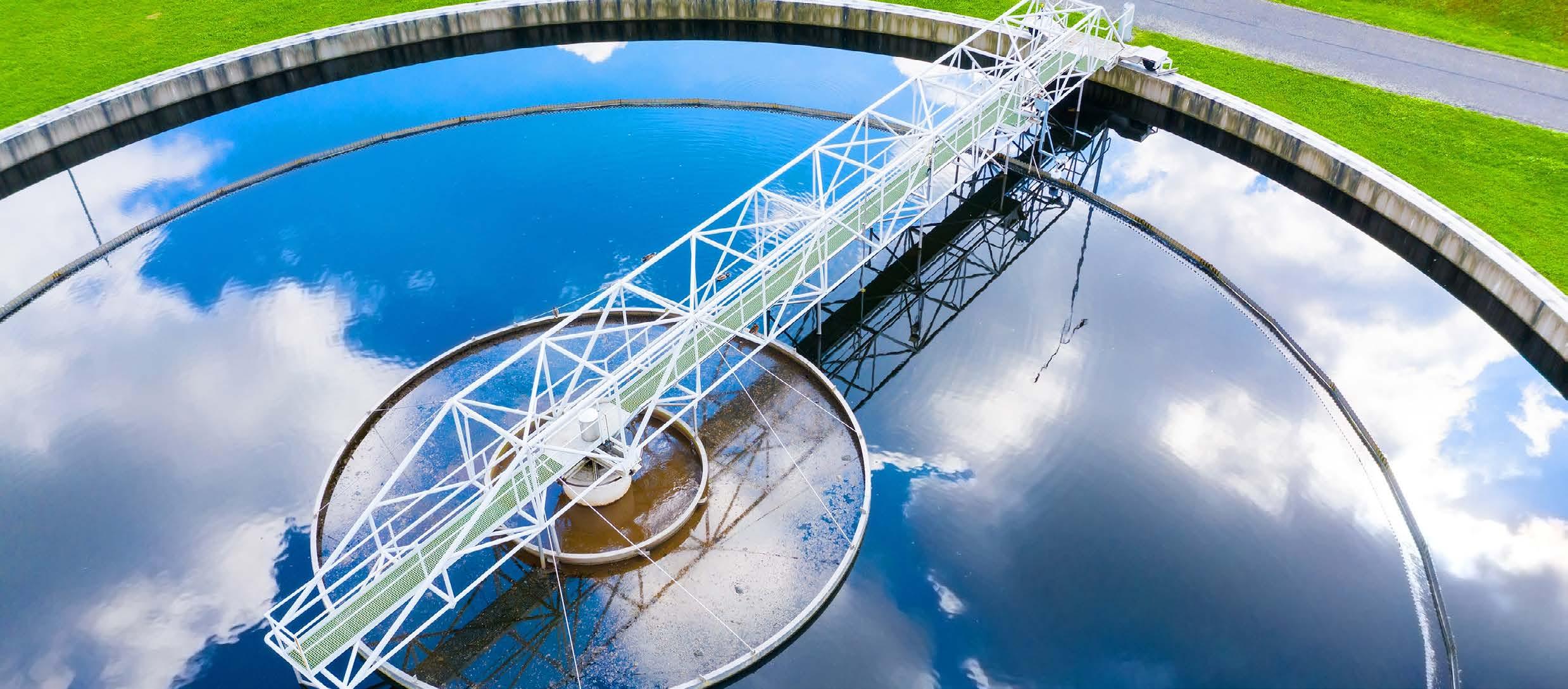
The achievements of the SWEAP and qCRAC groups are a testament to the dedication and leadership of qldwater’s Lead Scientist, Louise Reeves. Over the past six years, Louise has been instrumental in guiding these groups, and her expertise has recently been recognised through invitations to present at several conferences.
Here’s a look at what she’s been involved in lately:
Louise was invited to deliver a plenary address at the 2nd Australian Conference on Green & Sustainable Chemistry during Industry Day. Speaking to an audience of chemists and green chemistry researchers, she provided a broad overview of the urban water sector and the complex challenges it faces.
In her address, Louise called on the scientific community to accelerate innovation and develop practical technological solutions tailored to the needs of the sector. She also urged researchers to take a holistic approach—emphasising that:
• Solutions must be comprehensive
• Solutions must be scalable
• Sustainability must include financial viability
• And above all, research must avoid unintended or perverse outcomes
Louise attended the AWA National Biosolids Conference in Hobart, where she presented on source control of contaminants of emerging concern in biosolids.
She was also joined on a panel session by Shaun Thomas (SA EPA) and Catherine Vero (Ekistica).
Facilitated by Rob Tinholt (Watercare NZ), this wideranging discussion explored the challenges that emerging contaminants pose for our sector, including the regulators! Unsurprisingly, the focus of the panel was source control, which prompted many interesting discussions over the two days of the conference.
Image below: Louise joins industry experts on a panel session discussing the challenges posed by emerging contaminants.
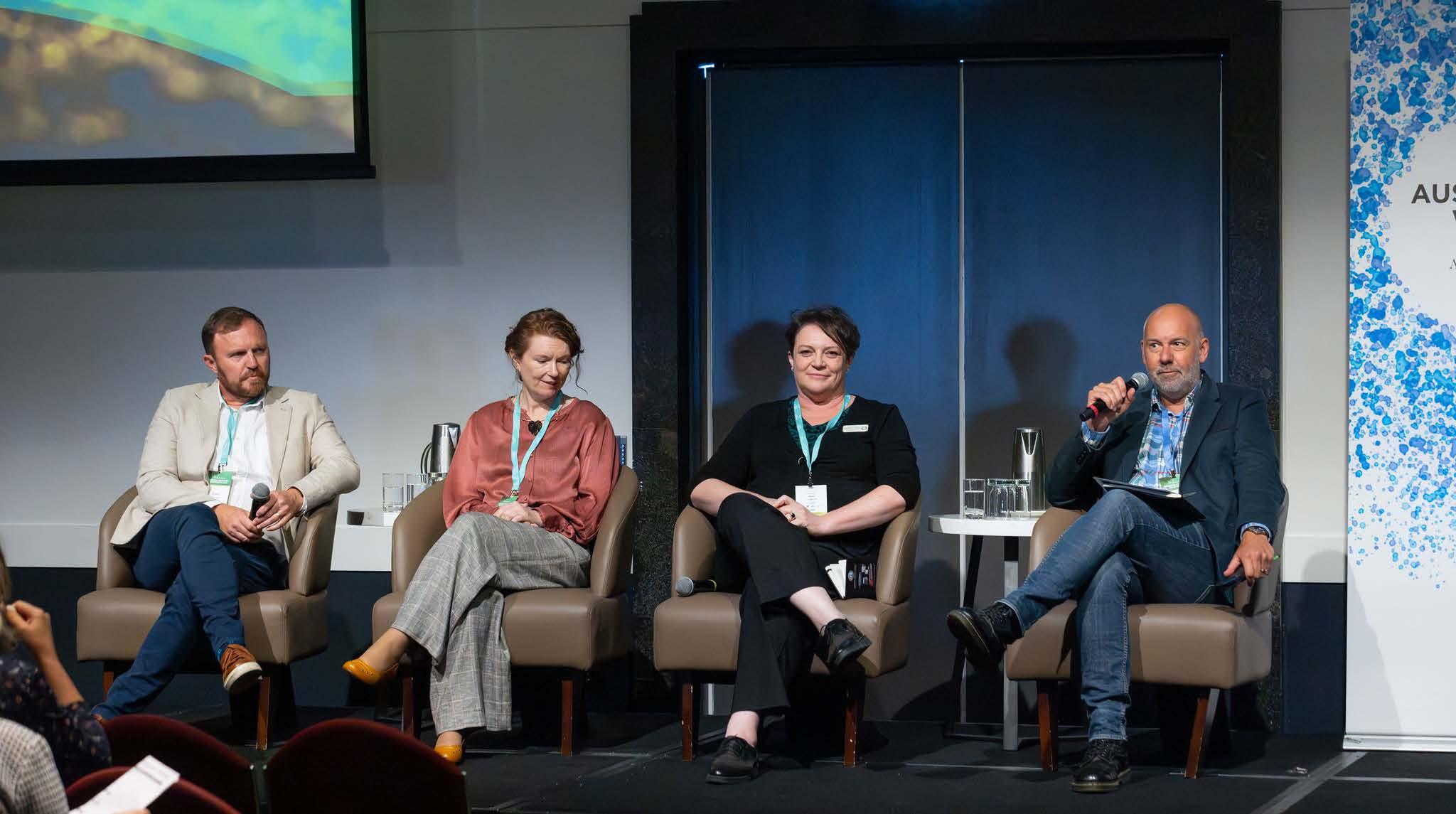
David Wiskar, QWRAP Program Director
The Queensland Water Regional Alliance Program (QWRAP) is a Queensland Government funded program delivered collaboratively with LGAQ and qldwater to support local government in the sustainable delivery of essential water and sewerage services in regional Queensland.
The aim of QWRAP is to ensure safe, secure and sustainable water and sewerage services for the more than 300 water schemes outside of South East Queensland, which include 25 councils that own and manage some of the smallest water schemes in Australia.
The Department of Local Government, Water and Volunteers provide $2 million per annum that can be accessed by the regions through bidpool funding applications. While the program is managed through a Partner Steering Committee (PSC) with the support of a Working Group, it is driven by Regional Water Service providers. The water leaders from these communities are best placed to identify the priority issues. The role of the QWRAP partners (LGAQ, DLGWV and qldwater) is to support regional water service providers working through the QWRAP regional structures to deliver priority collaborative projects.
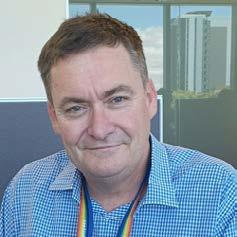

Regions involved in the program have matured in the degree of collaboration over the course of QWRAP and further development is encouraged through competitive funding for projects that build future collaboration.
QWRAP has evolved over time and now includes joint projects across multiple alliances, information sharing, and common planning and strategic activities within regions.
The 2022-2025 strategic priorities for QWRAP include:
1. Enabling regional scale delivery of sustainable services through optimised funding, procurement and asset management.
2. Building capacity and capability through workforce and skills development pathways, including partnerships with universities.
3. Driving regional partnerships, services and initiatives to ensure regional economic growth, local employment opportunities leading to healthier, safer and more resilient communities.
Since its inception, QWRAP has provided a formal opportunity for councils to consider and test collaboration and alternative regional arrangements for managing essential W&S services.
Image below: QWRAP-funded BNR Training in Mackay in March 2025 delivered on the program’s strategic priority to build workforce skills in partnership with universities.
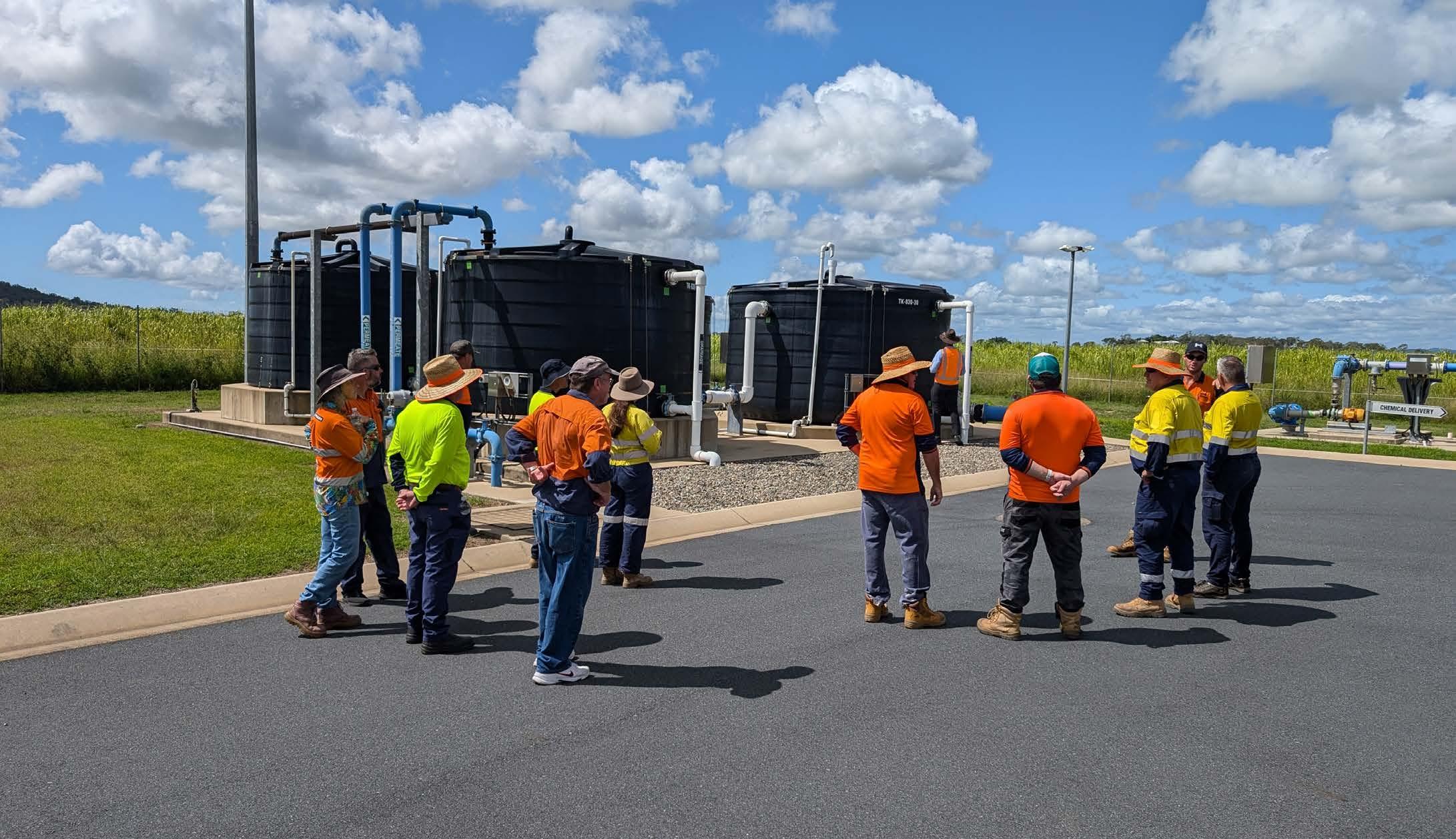

Far North Queensland Water Alliance (FNQWA) is rolling out a 10-year Regional Water Capability Plan to boost water services across the region. They’ve nailed joint procurement for chemicals and sewer works, and are now eyeing workforce development and asset management. The plan’s 11 initiatives are ready to go, and the team is preparing their first funding bid to bring one to life.
North West Queensland Water and Sewerage Alliance (NWQWSA) is building strong links between technical teams and council leaders. They’ve launched training programs, standardised customer service templates, and streamlined procurement for maintenance. Safety upgrades are underway, and in 2025, they’ll focus on drought planning, lagoon desludging, and assessing aging water mains.
RAPAD Water and Sewerage Alliance (RAPADWSA) continues to lead with strong governance and collaboration. They’ve boosted operator qualifications and led joint procurement for reservoir cleaning, saving money and improving water quality. In 2025, they’re targeting audits, bore inspections, and safety training. Micro-credentials in SCADA and water quality are also on the way to future-proof the workforce.

North Queensland (NQ QWRAP) is aligning water standards across councils and boosting training through forums like the Townsville Operator Training event. A SCADA system review wrapped up with plans to improve emergency resilience. In 2025, they’re focusing on asset management, leadership training, and stronger ties with the NQ ROC to embed QWRAP at the strategic level.
Whitsunday Isaac Mackay Water Alliance (WIMWA) is bouncing back with new leadership and fresh energy. They’re wrapping up past projects and planning ahead with smart metering, wastewater training, and AI-powered sewer monitoring. The Water Industry Worker Program remains a training powerhouse, and a new funding bid aims to expand its reach in 2025.
Central Queensland Water and Sewerage Alliance (CQWSA) is tackling financial sustainability and workforce skills. A major study is underway, and a new regional maintenance group is sharing knowledge and setting standards. In 2025, they’ll focus on wrapping up the study and launching collaborative projects to boost long-term service delivery.
Wide Bay Burnett Urban Water Alliance (WBBUWA) is turning pilot projects into everyday practice. They’ve tackled training gaps with tailored micro-credentials and are updating their regional design code. In 2025, they’ll finalise the code and lead a new Trade Waste Interest Group to share tools and ideas across councils.
South West Queensland Water and Sewerage Alliance (SWQWSA) delivered an Infrastructure Study, revealing urgent upgrade needs. They’re planning long-term investments and training, including operator days and a new graduate engineer. Joint procurement saved money on sewer and water projects. In 2025, they’ll push for funding to fix critical infrastructure and grow regional delivery capacity.
Downs Urban Water Technical Group (DUWTG) is making strides with a new regional coordinator and its first technical meeting in Toowoomba. They’re prioritising shared Water and Wastewater Codes and joint contracts for key infrastructure repairs. With help from qldwater, they’re using proven templates from other regions. Next up: submitting proposals to fund these practical, region-wide solutions.
Des Gralton, Communications Manager

As Queensland continues to explore innovative models for regional water management through the Queensland Water Regional Alliances Program (QWRAP), the evolving water reform landscape in New Zealand offers timely and valuable lessons. New Zealand’s ambitious and often turbulent reform journey underscores the complexities of balancing local autonomy, regulatory oversight, and sustainable service delivery - challenges that resonate deeply with Queensland’s regional water sector.
New Zealand’s water reform began in earnest in January 2020, driven by growing concerns over drinking water safety, environmental degradation, and ageing infrastructure. The government launched the “Three Waters” reform program, targeting drinking water, wastewater, and stormwater services. Over the next few years, the reform process saw multiple legislative milestones, including the Water Services Entities Act (2022) and its subsequent amendments in 2023.
However, political shifts in 2023 led to a significant pivot. The newly elected government introduced the “Local Water Done Well” initiative, emphasising local control while maintaining high standards for accountability, transparency, and environmental stewardship. This approach requires councils to develop comprehensive Water Services Strategies, Annual Budgets and Reports by July 2027, alongside detailed plans for drinking water catchments, trade waste, and stormwater risk management.
Local Leadership with Strong Governance: New Zealand’s shift toward local governance under the “Local Water Done Well” model mirrors QWRAP’s ethos - empowering regional councils while ensuring robust governance frameworks. Queensland can draw from NZ’s experience in balancing local autonomy with regulatory compliance.
Diverse Delivery Models: NZ councils are trialling various models, from in-house service delivery to council-controlled organisations (CCOs) and regional partnerships. This aligns with QWRAP’s goal of testing different governance and service delivery models to find what works best in diverse regional contexts.
Strategic Planning and Transparency: The requirement for discrete water service strategies and audited reports in NZ highlights the importance of long-term planning and public accountability. QWRAP participants can benefit from adopting similar practices to build trust and ensure sustainable service delivery.
Economic Regulation and Ring-Fencing: NZ’s reforms introduce financial ring-fencing and economic regulation to ensure water revenues are reinvested into water services. This principle could enhance financial sustainability and transparency in Queensland’s regional water management.
Collaborative Regionalism: The formation of regional water entities in NZ, such as the Southern Water Collective, demonstrates the power of collaboration. QWRAP’s regional alliances are well-positioned to explore similar cooperative models, leveraging shared resources and expertise.
As Queensland contemplates the future of water service delivery, New Zealand’s reform journey offers both cautionary tales and inspiring examples. The key lesson is clear: successful reform requires a clear vision, strong local leadership, and a commitment to transparency and collaboration.
QWRAP continues to be a vital platform for innovation and learning. By observing and adapting the lessons from across the Tasman, Queensland can craft a water management framework that is resilient, efficient, and tailored to the unique needs of its regional communities.
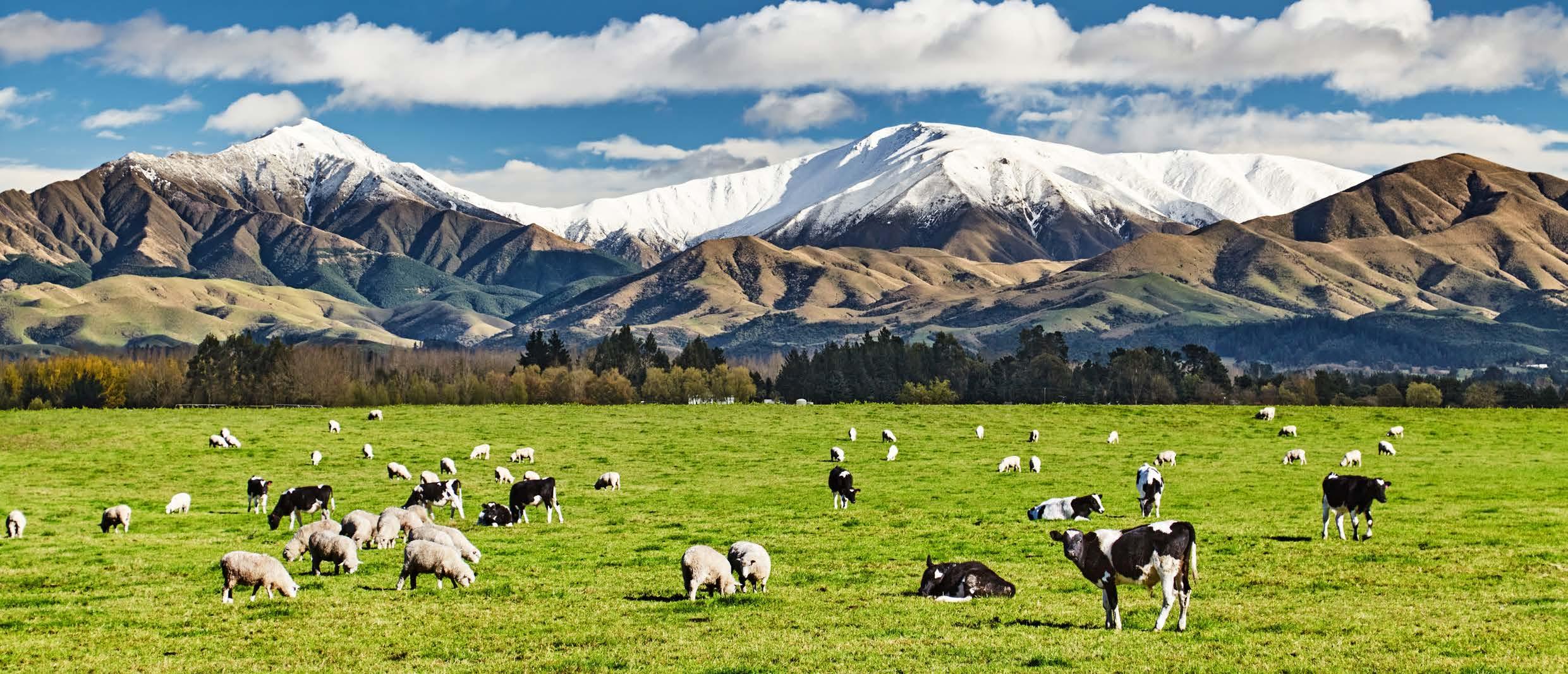
When Pippa Sullivan stepped into the role of Regional Coordinator for the Downs Urban Water Technical Group (DUWTG), she brought with her a fresh perspective, a can-do attitude, and a genuine passion for collaboration. A professional engineer with GenEng Solutions, Pippa’s background in agricultural engineering and planning is now expanding into the operational side of water management—thanks to her involvement in QWRAP.
“I’ve never done operational water, but the whole point of being an engineer is you always get to do new things. So when someone says, ‘Hey, do you want to do this?’ I generally say, ‘Yes!”
Pippa took the reins at a pivotal time for DUWTG, as the group emerged from a period of inactivity. Her enthusiasm has helped reinvigorate the region, fostering renewed collaboration and momentum— even in the absence of formally funded projects.
One standout example of this collaboration came when Southern Downs Regional Council faced an urgent issue at their activated sludge wastewater treatment plant. Toowoomba Regional Council stepped in, providing sludge from the Wetalla digester within 24 hours to re-seed the system.
This spirit of cooperation is driving DUWTG’s priorities, including joint procurement, emergency response planning, and knowledge sharing. A multi-year sewer relining contract is high on the agenda, along with a practical initiative to catalogue mobile plant and equipment for emergency use.
Pippa’s approach is grounded in persistence and people skills.
“Nothing beats a phone call. Persistence pays off. It’s amazing what happens if you call someone a number of times—they just want to make you go away!”
Despite juggling her QWRAP responsibilities with other engineering work, Pippa is thriving in the role. She credits the support of the QWRAP network and the openness of other regions for helping her find her feet.
“Everyone is very forthcoming with information. It’s not being held as super secret, which is really helpful for someone new coming in.”
While DUWTG doesn’t have a Regional Organisation of Councils (ROC) like some other QWRAP regions, the group has opted to keep things simple, eschewing a steering committee in favour of direct collaboration and escalation through mayors when needed.
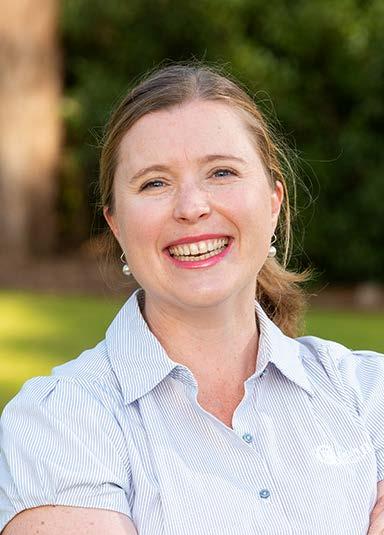
Pippa’s passion for engineering and water management is infectious. She encourages others to embrace opportunities and explore the breadth of the profession.
“You just have to say yes. Try it. You won’t know until you have a go.”
Whether she’s coordinating projects, building floodways, or spending time with her family, Pippa brings energy, humour, and heart to everything she does.
“I get paid to talk to people. It’s the best.”
With Pippa at the helm, DUWTG is poised for a new chapter of collaboration, innovation, and shared success.
In a significant step toward strengthening water infrastructure resilience, the Central Queensland Water and Sewerage Alliance (CQWSA) has spearheaded the formation of a Regional Maintenance Planning Networking Group.
This initiative, launched in 2024, brings together key asset managers from Central Highlands, Livingstone, and Banana Shire Councils, with strong collaboration from Mackay and Isaac Regional Councils.
Good asset maintenance strategies will extend asset life. The implementation of proactive maintenance strategies will ensure that pressures on Councils capital budgets and the State’s grant programs are minimised. The maintenance planning group was established with a clear mission: to foster knowledge sharing, develop unified strategies for asset longevity, and enhance maintenance practices across the region. By pooling expertise and resources, the councils aim to deliver more efficient and effective asset management outcomes for their communities.
In May 2025, the group’s efforts were bolstered by the approval of a QWRAP Bid Pool Application, unlocking funding for three cornerstone projects:
1. Best-in-Class Training in Asset Management and Maintenance
Securing an asset maintenance expert to deliver a tailored two-day course designed specifically for the Queensland water sector.
2. Quarterly Regional Maintenance Planning Group Meetings
These sessions will serve as a platform for continuous knowledge exchange, enabling councils to stay aligned on best practices and emerging trends in asset maintenance.
3. Development of a QWRAP Asset Maintenance Code
This code will establish a shared standard for asset maintenance across the region, promoting consistency, efficiency, and industry leadership.
We are proud to acknowledge the outstanding achievements of Mr Peter See, who was awarded the Public Service Medal (PSM) in the 2025 King’s Birthday Honours for his exceptional contributions to local government and regional water management.
Peter has been a cornerstone of public service in Queensland for over four decades, beginning his career in 1978 as a cadet draughtsman with Brisbane City Council. Over the years, he has held senior leadership roles across multiple councils, leaving a legacy of infrastructure innovation, disaster resilience, and mentorship.
As Chair of the South West Queensland Water and Sewerage Alliance, Peter was instrumental in the development of Queensland’s first regional Water and Sewerage Infrastructure Strategy. This pioneering initiative set a new benchmark for collaborative asset management and long-term planning across the region.
Peter’s leadership extended beyond strategy. At Quilpie Shire Council, he led the Statewide Water Information Management (SWIM) reporting process — becoming the first in Queensland to finalise data submissions last year. His commitment to data integrity and transparency has set a high standard for others to follow.
From revitalising streetscapes in Warwick and Stanthorpe to coordinating flood responses and shaping sustainable water futures, Peter’s work has had a profound and lasting impact on communities across the state.
We extend our heartfelt congratulations to Peter on this well-deserved honour. His dedication, vision, and collaborative spirit continue to inspire the QWRAP community and the broader water sector.
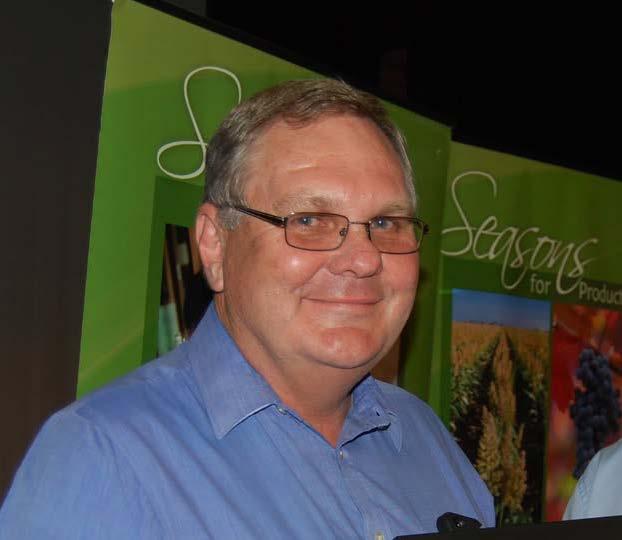
A recent QWRAP project has highlighted a hidden danger for water operators working on elevated reservoirs: electromagnetic energy (EME) from telecommunications equipment.
The Reservoir Cleaning and Condition Assessment project started as a RAPAD contract but quickly expanded across three QWRAP regions - RAPAD, North West, and South West.
It involved inspecting and cleaning 35 reservoirs, ensuring they were in good condition and helping councils plan future maintenance and upgrades.
The QWRAP Reservoir Cleaning Project played a key role in protecting drinking water quality across the participating Councils in the three regions.
But here’s the kicker - seven elevated reservoirs had dangerously high RF radiation levels due to telecoms gear on their roofs. In every case, the teams couldn’t switch off the equipment because it wasn’t labelled, or the listed contact numbers were no longer in use. So, external inspections were the only option to keep personnel safe.
Even more concerning, EME levels in some reservoirs hit 200% - double the threshold considered unsafe. Thankfully, many of these sites were successfully deenergized, allowing safe cleaning to proceed.
To ensure that future QWRAP projects address this risk the QWRAP Co-ordinator (George Bourne and Associates) has made changes to the technical specifications requiring future contractors to take actions to address the EME risk.
To increase industry risk management around the project qldwater has undertaken further detailed analysis of the reservoir cleaning project.
Hotensia, a JCU postgrad student currently completing an internship at qldwater, has been digging through condition assessment reports to deliver two key reports, one focusing on the seven reservoirs that couldn’t be accessed and another covering broader EME concerns across the region.
When completed these reports will be shared with QWRAP regions and qldwater members across the State.
• Not all RFNSA records are complete. Only mobile carriers have to register, so many wireless internet providers don’t enter their equipment details.
• This means some reservoirs might have undocumented telecoms equipment posing a serious WHS risk.
• If you’re working on elevated reservoirs, always check that the latest EME exclusion zones are clearly marked and up to date.
Keeping our water assets clean and safe is critical, but let’s make sure we’re protecting our people as well. If you’ve had an experience with high EME levels while working on reservoirs, let us know!
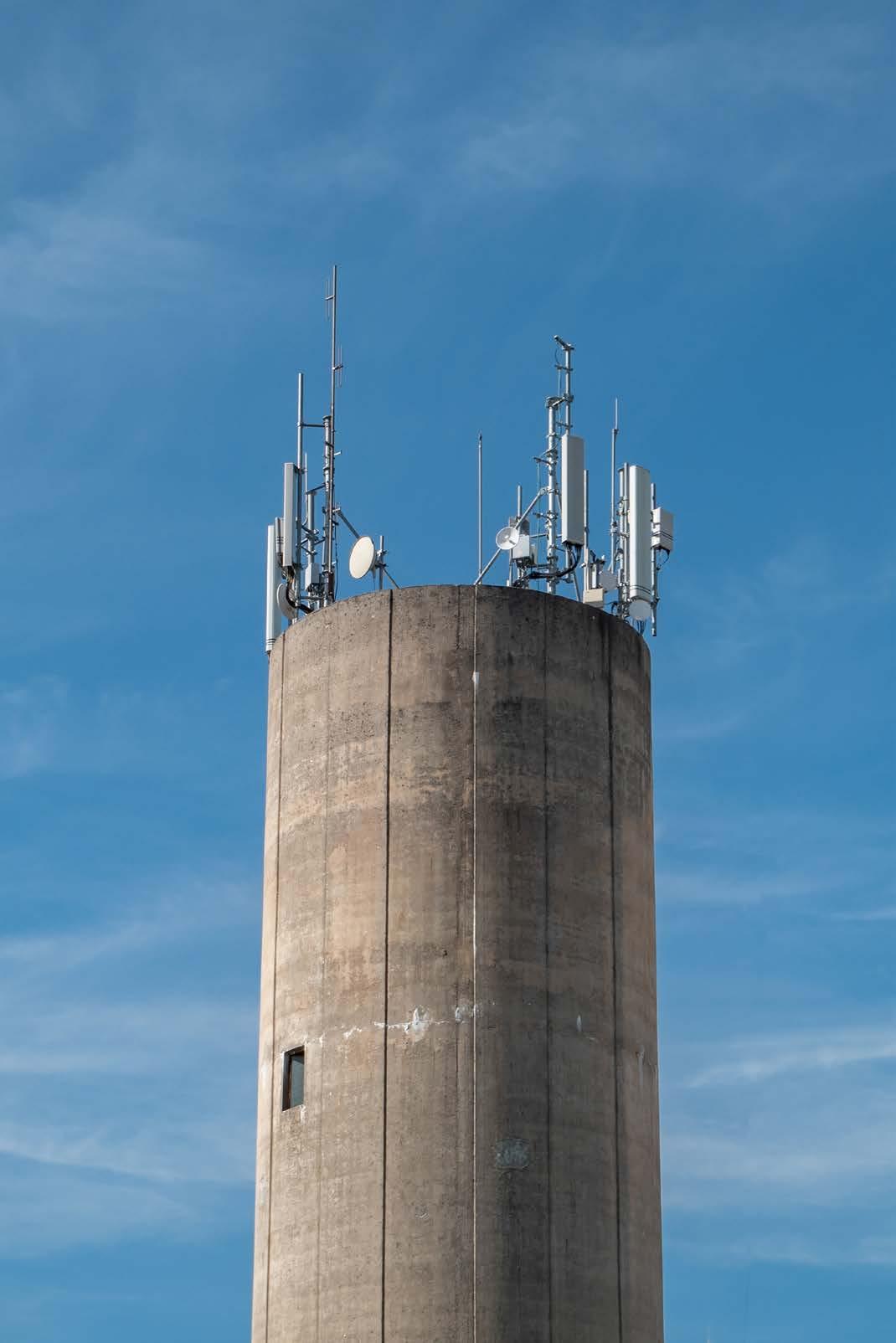

The Far North Queensland (FNQ) Water Alliance (led by FNQROC) is driving a strategic and coordinated approach to overcoming the unique challenges that regional Local Governments face in delivering sustainable and resilient water and wastewater services.
Through the development of the FNQ Regional Water Capability Plan, with the support of QWRAP funding, the Alliance has identified 11 key initiatives designed to lift regional capability and maturity.
These regional collaborative initiatives span areas such as infrastructure standardisation, data sharing, funding advocacy, workforce development, and asset management.
One key initiative, “Building Maturity in Asset Management and Planning Across FNQ,” has gained renewed focus, with valuable insights emerging from the experience of Douglas Shire Council in the aftermath of Tropical Cyclone Jasper.
In December 2023, TC Jasper brought catastrophic rainfall and landslides to the Douglas region, recording 3.2 metres of rain in a single week.
The disaster caused major disruptions to water supply systems, with landslides severely impacting raw water intakes and turbidity levels overwhelming existing treatment plant capacities. Pipe breaks, valve and network failures, flooding, and infrastructure damage led to extensive service interruptions.
Douglas Shire’s proactive and comprehensive response, led by their Water and Wastewater team under Ben Baillie, has resulted in a series of recovery and resilience-building actions, including:
• Interconnector pipelines to improve network redundancy and service continuity.
• Plant upgrades and membrane replacements to enhance treatment capacity.
• Leak detection surveys identifying over 1 ML per day of water loss in Council infrastructure.
• Network asset maintenance activities including improved valve operation and control.
• Installation of emergency reserve tanks and mobile potable water tanks to improve emergency water access.
• Community-wide education programs promoting water conservation and reduced consumption (with a recorded 12% demand reduction in key service areas).
These recovery efforts are not only rebuilding physical infrastructure but are also strengthening long-term planning and operational resilience - critical attributes for effective asset management and the delivery of essential services to the community.
Douglas Shire’s experience underscores the interconnectedness of disaster preparedness, operational resilience, and strategic asset management. It also highlights the critical importance of funding, as Douglas Shire Council progress funding opportunities to undertake a condition assessment program that will provide essential intelligence for renewal investment planning.
By using available asset management information, and tools developed by the industry (like the qldwater asset criticality tool) Council is prioritising asset investment
to those assets which represent the most critical risk to service.
Though the FNQ QWRAP group these lessons at Douglas will be built into the regional efforts to lift maturity in asset management as part of the delivery of the regional Capability Plan.
By sharing this initiative through the FNQ QWRAP group, Douglas Shire is contributing to a growing body of regional knowledge that informs and advances Initiative #10.
The detailed asset data, funding approach, and resilience strategies offer a replicable model for other Councils facing similar challenges across FNQ, especially those grappling with increasingly frequent extreme weather events.
Furthermore, Douglas’s experience highlights the need to reform how water and wastewater infrastructure is funded, particularly in disaster-prone areas.
This work strengthens the case for Initiative #8: Driving Change in Water and Wastewater Grant Funding, by showing the real-world service delivery impacts of underinvestment in water assets.
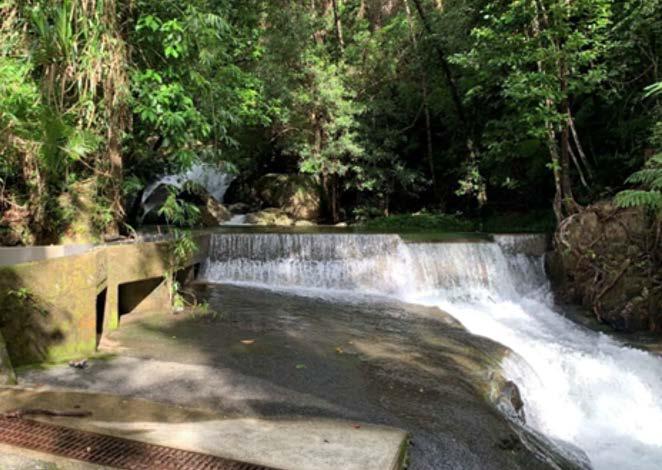
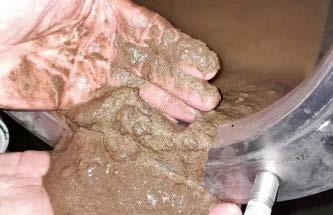
The FNQ Water Alliance Technical Committee continues to play a pivotal role in facilitating strategic planning, aligning Council efforts, and promoting regional solutions. As part of this collective, Douglas Shire’s contributions offer not just a recovery story, but a blueprint for capability growth—helping shift FNQ from reactive disaster recovery to proactive, datainformed infrastructure planning and service resilience.
Through shared challenges come shared solutions— and Douglas Shire’s journey stands as a powerful example of how local experience can shape regional transformation in water service delivery across Far North Queensland.
Images below: Whyanbeel WTP intake pre-Jasper (left) and post-Jasper (right)
Bottom left: Water sediment from raw water
Bottom right: Removing a boulder
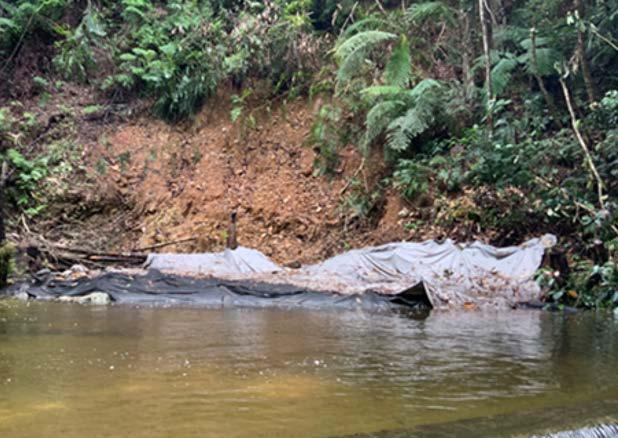

The Whitsunday Isaac Mackay Water Alliance (WIMWA) is preparing to launch a groundbreaking three-year project that could redefine how regional councils manage sewer networks.
With funding secured through the Queensland Water Regional Alliances Program (QWRAP), WIMWA will trial a cutting-edge Smart Sewer and Artificial Intelligence (AI) initiative.
This collaborative project will combine real-time data collection with advanced AI analytics to improve sewer network performance and reduce environmental and public health risks. The initiative includes:
Continuous level sensors will be installed in key sewer manholes across the three council areas. These sensors will provide real-time data on sewer levels, enabling early detection of inflow and infiltration issues, particularly during wet weather events.
2. AI and Machine Learning via Stormharvester
The project will leverage Stormharvester’s AI platform, which integrates data from sewer sensors, network monitoring systems, and external sources such as hyperlocal rainfall and groundwater levels. This powerful tool will:
• Establish baseline sewer network performance
• Detect anomalies and predict potential overflows
• Inform operational planning and guide future capital investment
The primary goals of the project are to proactively manage environmental and public health risks associated with sewer overflows during storm events and optimise capital investment in wastewater infrastructure by using predictive insights to guide decision-making and direct active programs which manage inflow and infiltration in sewers.
Participating Councils are facing large capital upgrades for trunk infrastructure and treatment plants and it is expected that the information from this trial will help optimise capital investment and contribute to keeping downward pressure on customer costs.
By working together, with the support of QWRAP Partners the WIM Councils can share the innovation risk and reduce costs. The regional scale of the project also enhances the effectiveness of the AI analytics, allowing the Stormharvester tool to be developed and refined using a broader dataset.
Running over three years, the project will allow for comprehensive evaluation of the AI system’s performance across varying weather conditions. This extended timeframe is essential to fully understand the benefits and limitations of the technology.
Importantly, WIMWA is committed to sharing the outcomes and learnings from this project with other QWRAP regions. The insights gained could pave the way for broader adoption of smart sewer and AI technologies across Queensland, helping more councils to improve service delivery, reduce risks, and make smarter infrastructure investments.
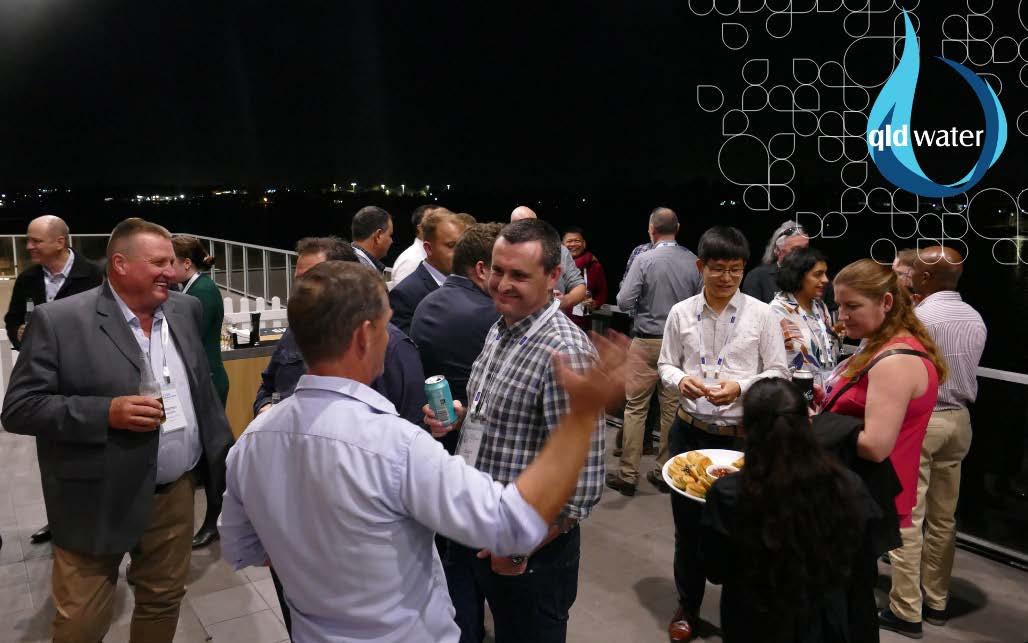
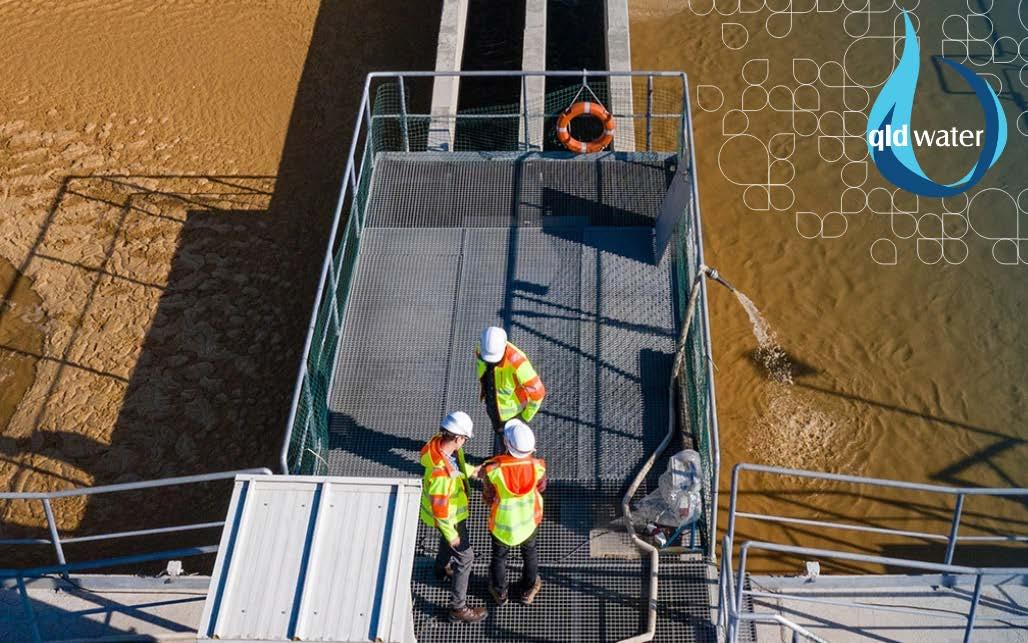
Registrations are now open for the qldwater 2025 Annual Forum: Courage and Compassion for a Resilient Urban Water Sector which will take place on Wednesday 20 & Thursday 21 August 2025 the IPWEAQNT Training Rooms in Eagle Farm, Brisbane.
Water is a risky business. The qldwater 2025 Annual Forum will tackle the big, complex, and growing risks and opportunities facing Queensland’s water sector. From skills shortages to emerging contaminants, stagnant water/retail prices, psychosocial risks for our workforce, climate whiplash, and tightening regulation; the sector is navigating uncharted waters - together.
Continuing conversations from last year’s forum, we will shine a spotlight on four of the most pressing systemic risks impacting the sustainability, safety, and resilience of urban water services in Queensland. Sessions will combine thought-provoking presentations with handson collaboration, giving attendees the opportunity to explore solutions. The sector cannot continue as is - How do we move to scalable change and how do we bring everyone on the journey with us?
Register Now!
Registrations are open for the annual WSAA Wastewater Source Management Network Meeting to be held at the qldwater offices (Eagle Farm) from 26-28 August 2025.
These network meetings are held in a different state each year, and this year’s event provides a most convenient opportunity for Queensland participation in one of WSAA’s most active networks.
The event provides an opportunity to hear from leading trade waste practitioners on topics including management of emerging contaminants, trade waste costs and cost recoveries, progressive trends in trade waste management, and an update on network members’ activities during 2025.
The network meeting is always associated with a networking dinner on the first night and trade waste relevant field trips within the sessions.
If you want to feel part of the same good fight, please take advantage of the opportunity and register now.
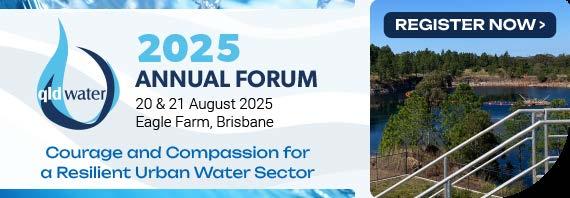
Since winning the 2024 Operator of the Year (Civil / Allrounder) Award, Ross Watt’s exceptional dedication, innovation, and leadership have continued to make a profound impact on his team, his community, and the broader water sector.
Ross recently returned from the WIOA NZ tour, where he joined other award winners from across Australia on a one-week visit to South Island water and sewerage facilities. The tour culminated in attendance at the Water Industry Operations Group NZ (WIOG) Conference in Nelson, held from 28 to 30 May 2025.
“The tour was an amazing experience that helped me gain a broader perspective of this very unique industry and gave me new ideas to test out at home,” Ross said.
Ross also acknowledged the great friendships formed during the tour, which helped forge stronger relationships within the industry.
Emma Fisher, Manager Water at Gympie Regional Council, nominated Ross for the award due to his consistent initiative and forward-thinking approach in his role as Supervisor of Water & Sewerage Infrastructure.
“His commitment to improving operational efficiency and embracing new technologies has led to significant advancements in water pressure management and network reliability,” Emma said, adding that Ross’s problem-solving skills are second to none.
“When we were faced with recurring pipeline bursts, Ross devised a novel rerouting strategy that alleviated pressure on vulnerable sections, preventing future failures. His expertise in managing pressure reducing valves (PRVs) has also been instrumental in stabilising aging infrastructure, earning him the reputation as the team’s go-to PRV expert.”
Beyond technical excellence, Ross is a natural mentor and motivator. From building a water main tapping rig to train office staff, to guiding new team members through complex tasks, Ross fosters a collaborative and empowered work environment. His calm demeanour and proactive attitude during emergencies—such as late-night water main breaks—ensure swift, effective responses and team cohesion under pressure.
Ross’s dedication extends to occupational health and safety, where he played a key role in developing
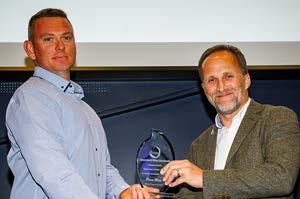
a fatigue management system. His vigilance in identifying unsafe practices in new subdivisions has led to improved safety standards across the region. His integrity and commitment to regulatory compliance further underscore his leadership and professionalism.
Ross’s journey from apprentice plumber to supervisor is a testament to his passion for the water and wastewater industry. His continuous pursuit of knowledge— including participation in the LGMA Ignite program and advanced training courses—reflects his drive to deliver the highest standards of service.
Ross also exemplifies community spirit. Whether repairing public hazards on his own time or leading educational sessions on water conservation, Ross’s actions consistently reflect his deep commitment to public safety and environmental stewardship.
Ross Watt’s story is a powerful reminder of the incredible talent and dedication within our sector. As we celebrate his achievements, we also look ahead to the 2025 Operator of the Year Awards.
“Recognition is a wonderful thing,” Ross said. “When I heard the award wrap read out, it felt great to be valued and appreciated. Nominating someone for this award shows faith in your employees and also helps to get recognition for your local team.”
Do you have a team member who goes above and beyond? Someone who embodies excellence, innovation, and community spirit? Now is the time to recognise their contributions.
Each year, qldwater sponsors the Young Operator of the Year and the Operator of the Year (Civil / Allrounder) at the WIOA Queensland Conference. This year, the award ceremony will take place on 29 October in Bundaberg. Managers are encouraged to nominate their outstanding operators—those who inspire, lead, and make a difference every day. Let’s continue to shine a light on the unsung heroes of our water networks.
Visit the WIOA website for nomination details and deadlines.
On Wednesday 4 June, the first Trade Waste Interest Group (TWIG) meeting in 2.5 years was hosted at Redland City Council. Bee Cruse from Redland provided the following update:
With a full theatrette of passionate Trade Wasters from utilities reaching up the coast from Tweed to Fraser Coast, and sprawling out west to Toowoomba, it was a jammed packed and informative day of networking and learning.
Many of the Officers in attendance had never been to TWIG before and got to hear topics covering new products for pretreatment, a case study on a successful show cause notice, and a discussion panel on effective (and less effective) fees and charges – not to mention the show and tell portion of the day including the Logan Water sampling trailer, and Centurion’s oily water separator and PFAS removal membranes (let’s see those results for the leachate sample!).
Thank you again to our fantastic presenters and discussion panellists Fiona Irwin, Mark Sherson and Emily Leonard (Urban Utilities), Sara Khan and Operators Bruce Audet and Steve Scofield (Logan Water), Walter Da Silva and Tim Watson (Gold Coast), Dave Young (Fraser Coast), Deena Diedricks (Unitywater), and Col Hester (qldwater).
Special thanks to suppliers Amtac, Halgan, and Centurion Water and Wastewater for showcasing your wares.
HUGE shout out to the Redland City Water Trade Waste team Col Fox, Cassandra Read, Fiona Milnes and especially Georgina Wu for pulling together an amazing day! We look forward to seeing you all again for the Unitywater affair in November (date to be advised).
The turn out, engagement and level of information shared was excellent.
